Definition, Nature, Scope and Significance of Administrative Law
Introduction to Administrative Law
In addition to its traditional roles of maintaining law and order, delivering justice, and safeguarding citizens, the state has taken on many new responsibilities in modern times. These include various development, planning, and welfare programs that impact all areas of life. To achieve the goals of a welfare state, the government had to be given significant powers. As a result, administrative law emerged as a by-product of the state’s expanding social and economic roles and increased authority.
Concept and Definition of Administrative Law
Administrative law is a branch of public law that governs the powers, duties, rights, and responsibilities of government agencies involved in public administration. While there have been various attempts to define administrative law precisely, a universally accepted definition remains elusive. According to Austin, administrative law is concerned with determining how sovereign powers should be exercised and the methods for exercising those powers.
Nature and Scope of Administrative Law
Nature of Administrative Law: Administrative law is indeed a form of law, but it's not the same as specific types of laws like "property law" or "labour laws." Instead, it involves the study of various elements that are not strictly legal statutes, such as administrative circulars, policy statements, resolutions, and memorandums. Additionally, it incorporates principles of "higher law," such as natural justice.
Unlike private law, which deals with relationships between individuals, administrative law is a part of public law and focuses on the relationship between individuals and organized governmental power. It examines the structure and powers of administrative and quasi-administrative agencies. This study includes understanding how these agencies are organized, the powers they possess, how they exercise these powers, and the control mechanisms that regulate them. Therefore, administrative law covers not only governmental agencies but also institutions like corporations, boards, and universities.
Scope of Administrative Law: Administrative law focuses on various official actions, including:
- Rule-Making Actions: The process of creating rules and regulations.
- Adjudicatory Actions: Decisions made by authorities in specific cases, similar to court judgments.
- Application of Rules: The enforcement and implementation of these rules in specific situations.
General Principles of Administrative Law
The core of administrative law is determining whether a government official's actions are legally valid or authorized. This involves checking the specific law that gives the official the authority to act. While constitutional law focuses on who has the power to create laws, administrative law deals with how government officials, empowered by these laws, carry out their duties. Therefore, constitutional and administrative law are closely connected.
The Rule of Law
The rule of law is centered on the idea that justice should be based on fairness, impartiality, and established legal procedures rather than on arbitrary decisions or misuse of power by the government. It aligns with the principles of natural justice, which require decisions to be made fairly, without bias, and based on the facts of each case, especially when specific laws are not in place. The goal is to protect individuals' rights from being violated by those in power.
Delegation of Authority
Given the vast amount of government work, it's essential for legislators to delegate some of their powers to administrators. Parliament alone cannot handle all the decisions required in a country due to the sheer volume and complexity of issues. Another key reason for delegating authority is that laws need to be general in nature since they can't address every specific and constantly changing situation.
Important Case Laws on the Nature and Scope of Administrative Law
Ram Jawaya Kapoor v. State of Punjab (1955)
Issue: Was the Fundamental Right of the petitioner violated, and what is the extent of executive power?
Ruling: The Supreme Court held that the government's actions did not violate the petitioner’s rights under Article 19(1)(c) and 19(1)(g) of the Constitution. The Court also clarified the separation of powers under Articles 77 and 162, stating that executive power includes the remaining functions of the government that are not specifically assigned to the legislative or judicial branches.
Asif Hameed v. J&K (1989)
Issue: Does the High Court have the power to direct the State Government to establish a ‘statutory body’ for making admissions?
Ruling: The Court held that while the Court has the power of judicial review over administrative actions, it is not an appellate authority. The Constitution does not allow the Court to direct or advise the executive on matters of policy or interfere in areas reserved for the legislature or executive, as long as these authorities operate within their constitutional and statutory limits.
State of MP v. Bharat Singh
The Supreme Court upheld the High Court's decision, declaring Section 3(1)(b) of the Act unconstitutional. The Court found that this section gave the government excessively broad discretion without any procedural safeguards, potentially leading to a situation where a person could be interned in a place, leaving them destitute and without any means of livelihood.
Conclusion
According to Prof. K.C. Davies, "Administrative law refers specifically to the laws that control the powers and procedures of administrative agencies, especially those related to the judicial review of their actions." It doesn't cover the extensive body of detailed laws created by these agencies, much of which is too complex for most lawyers to fully understand.
Share
Related Post
Tags
Archive
Popular & Recent Post






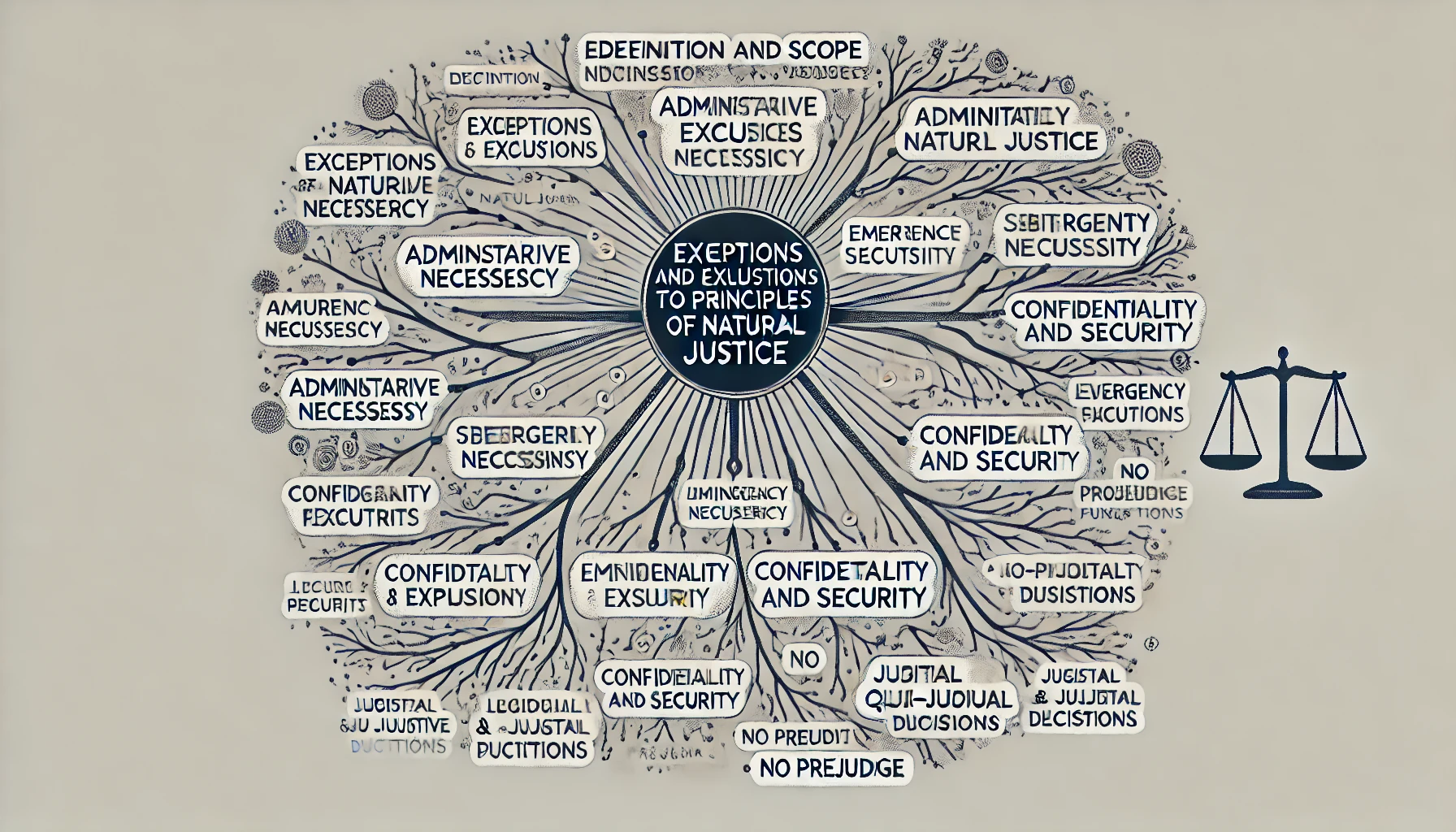
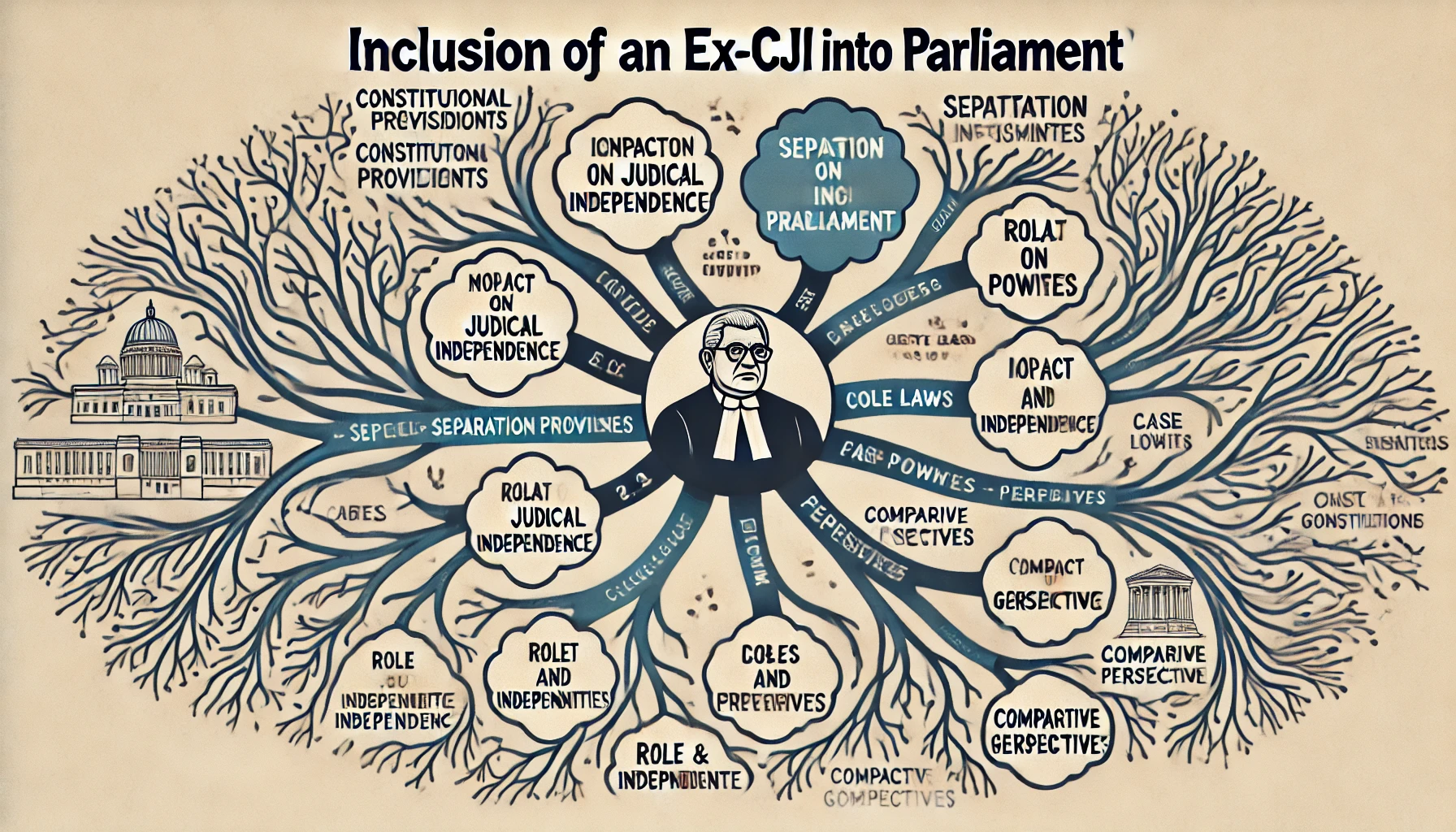
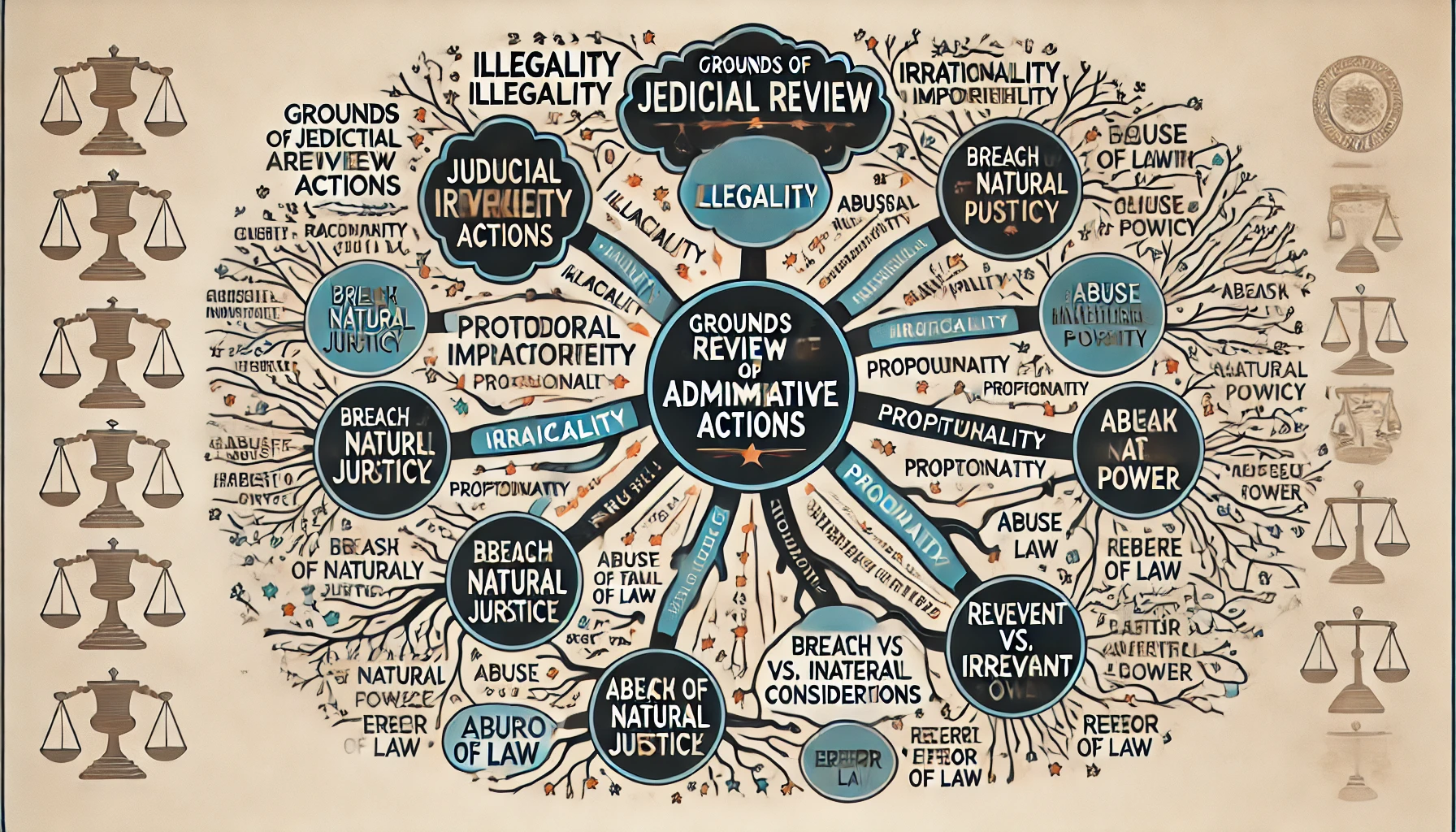
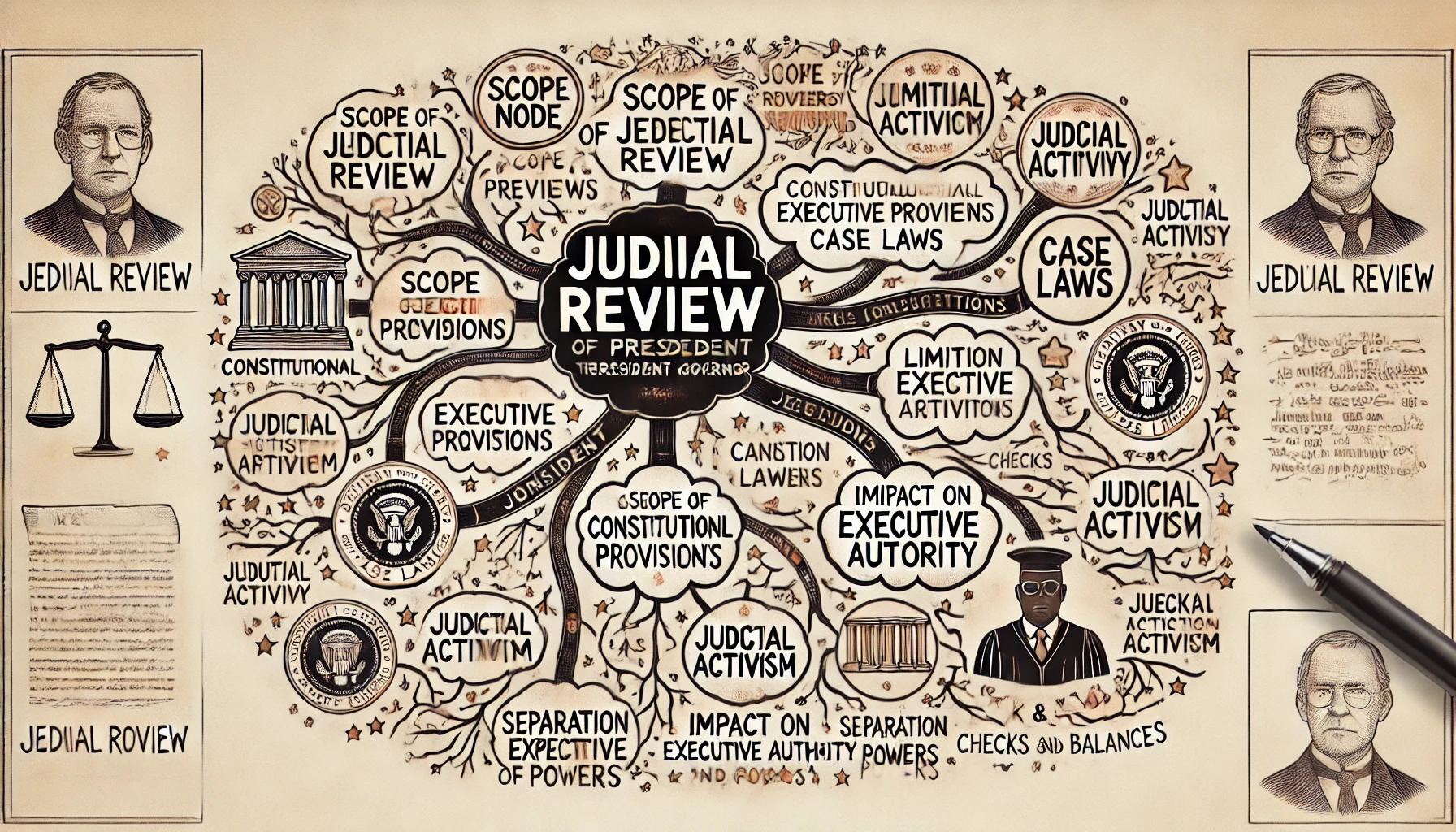
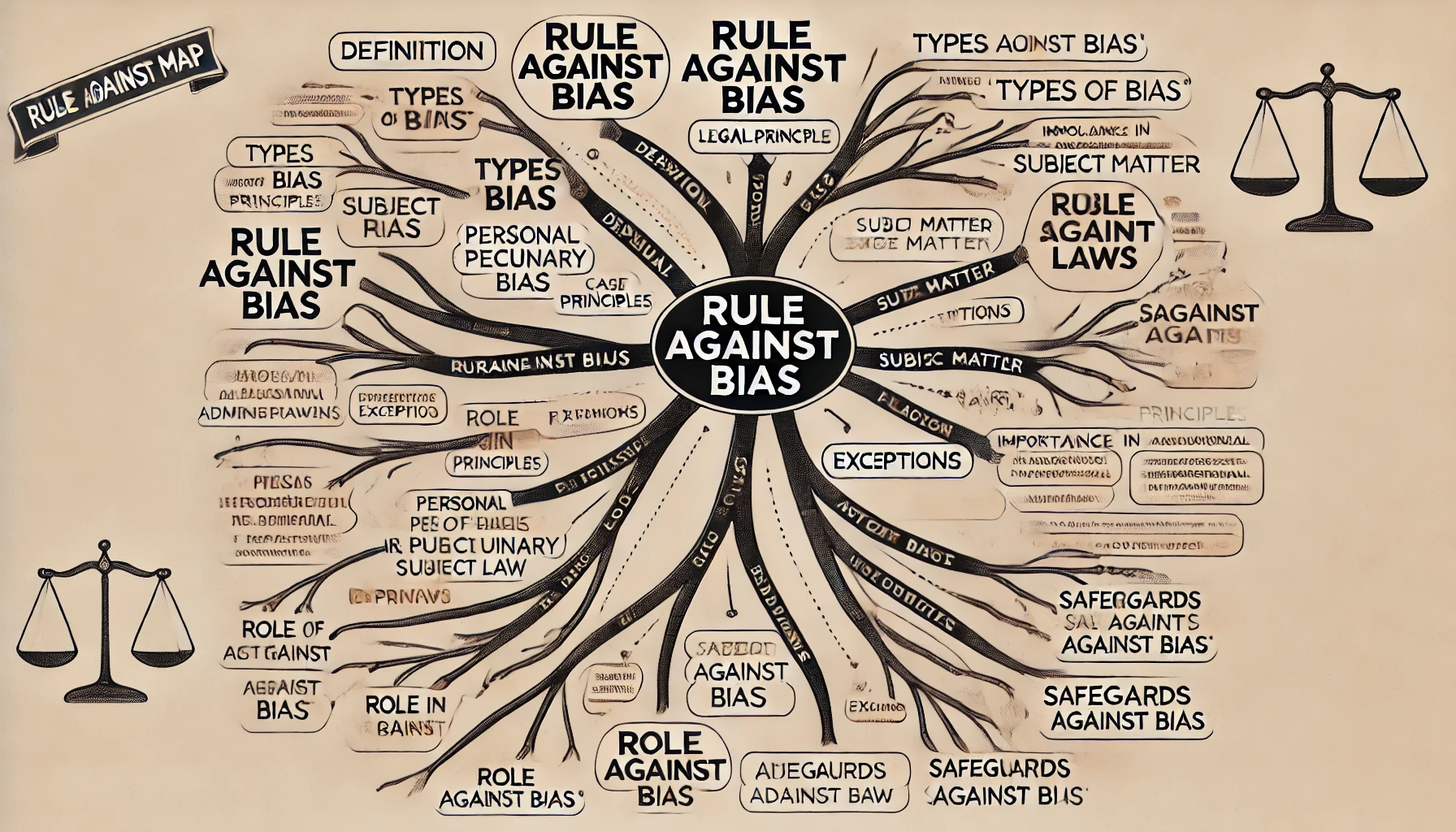
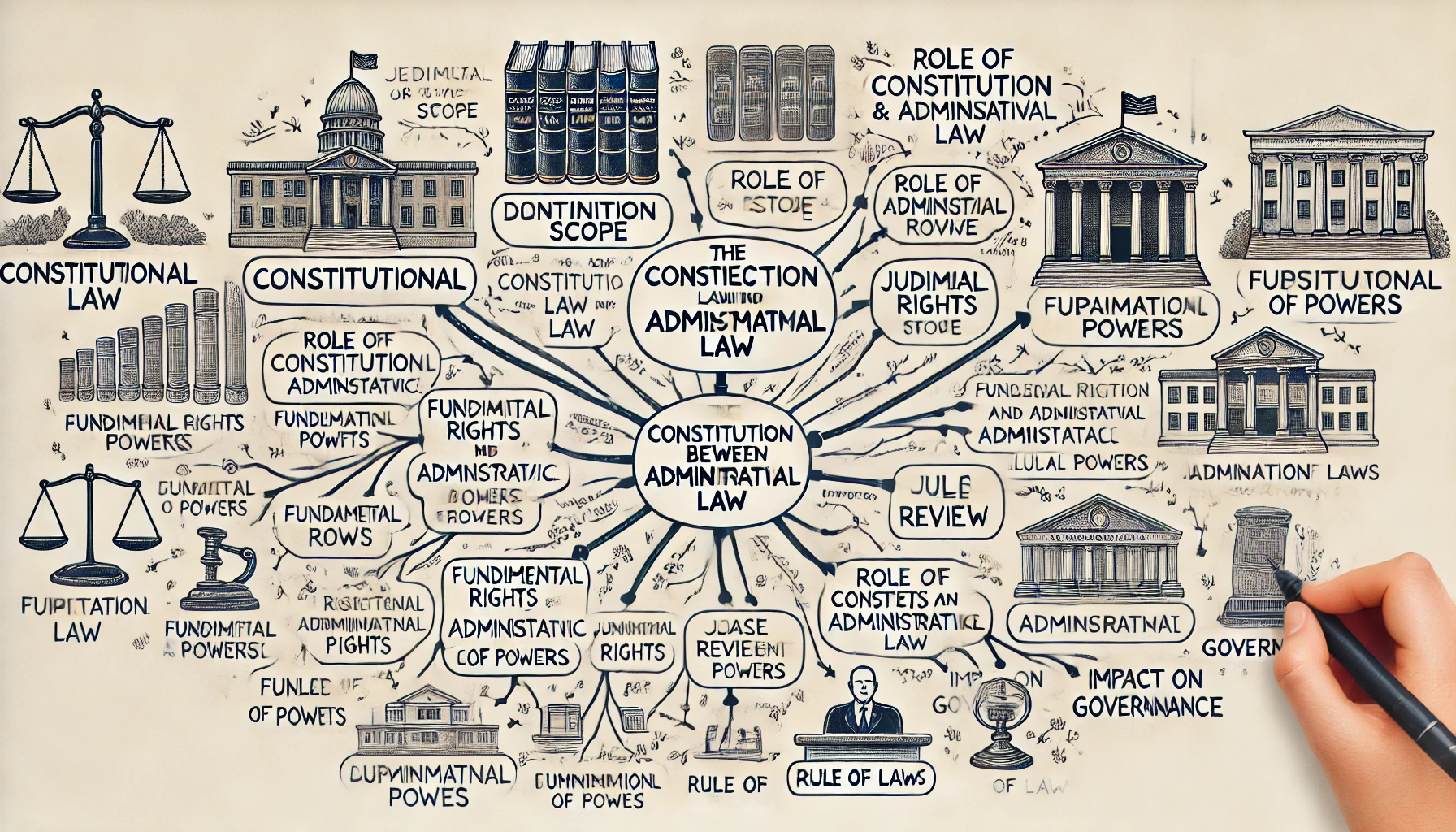
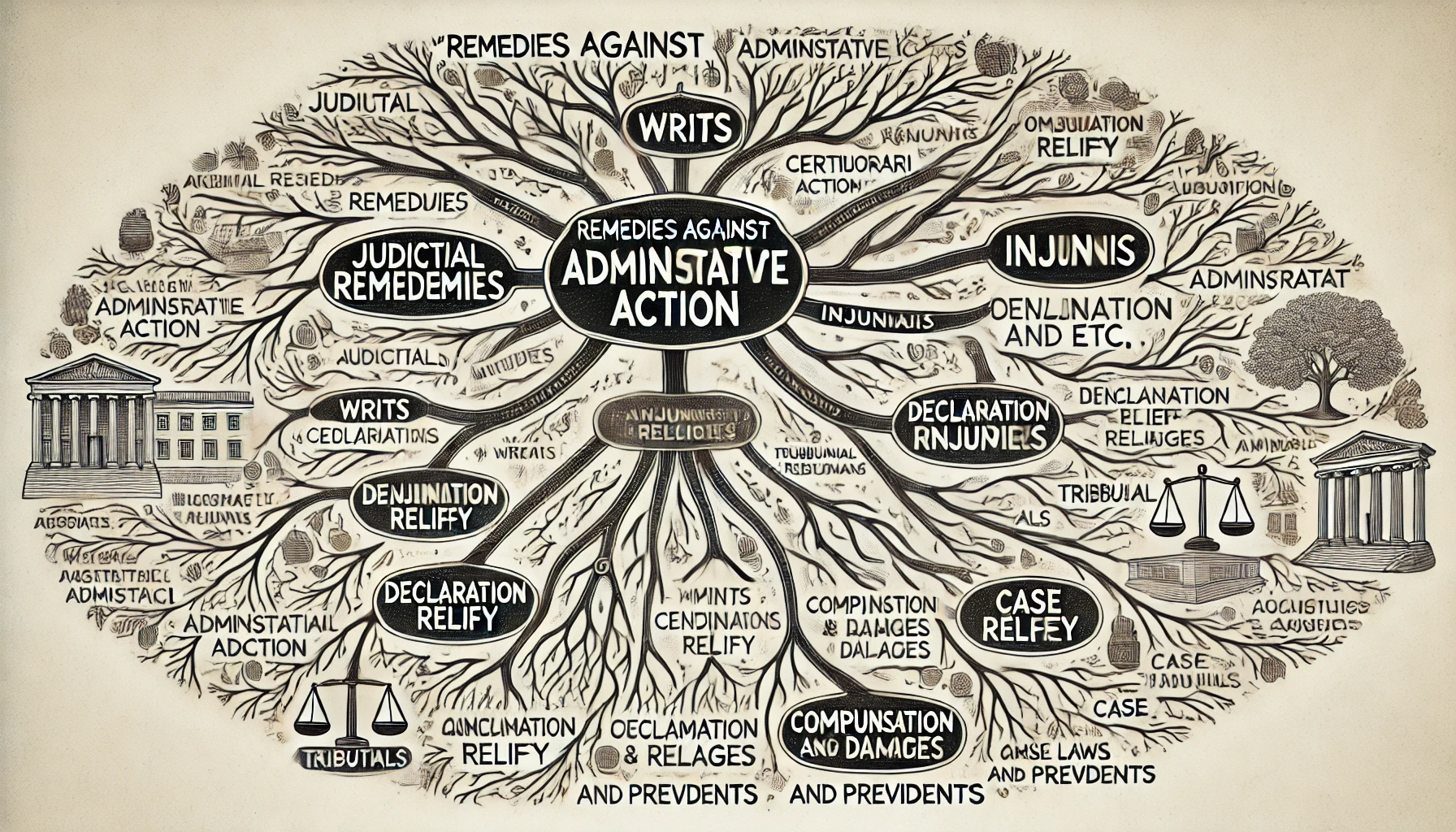
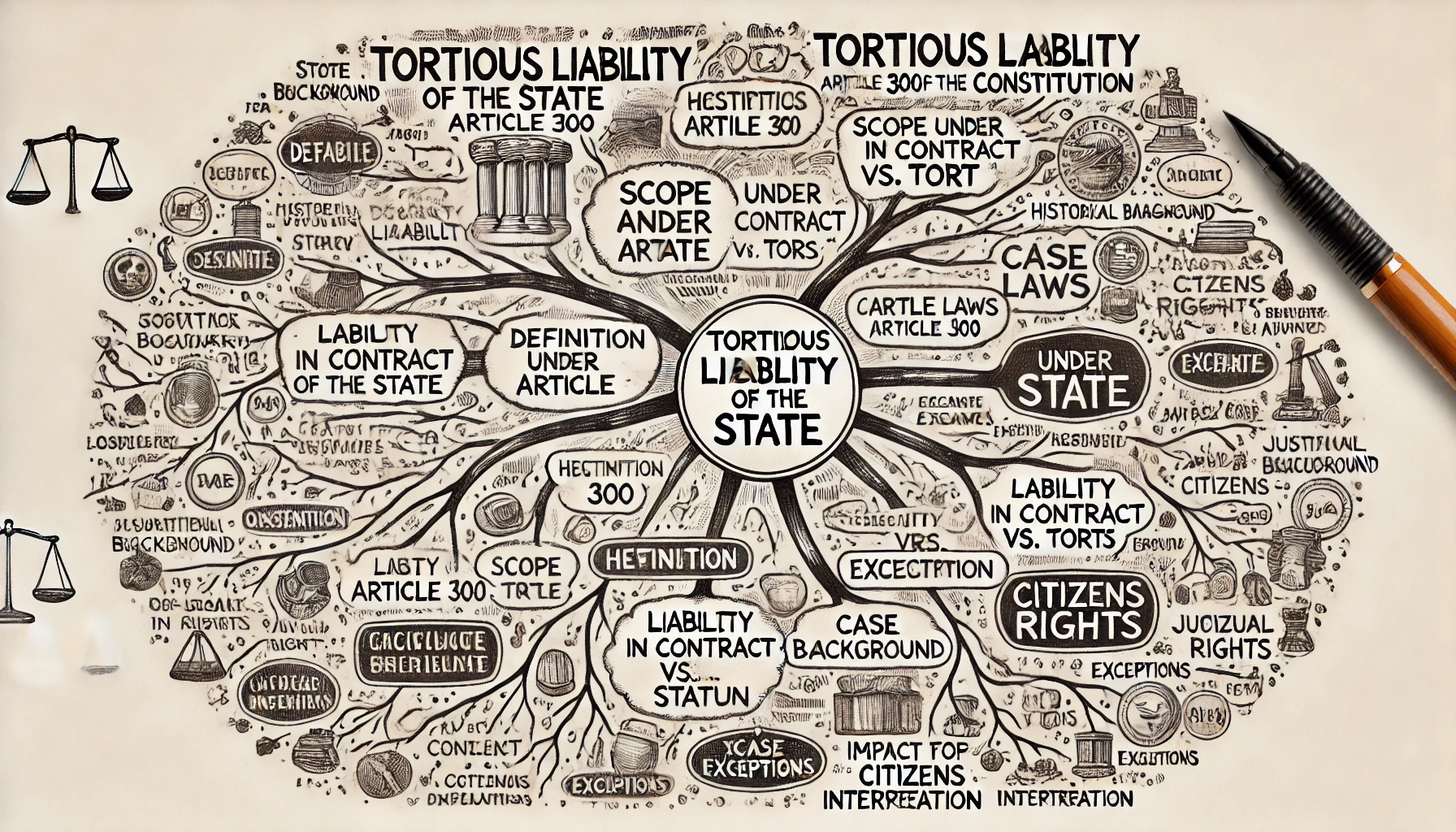
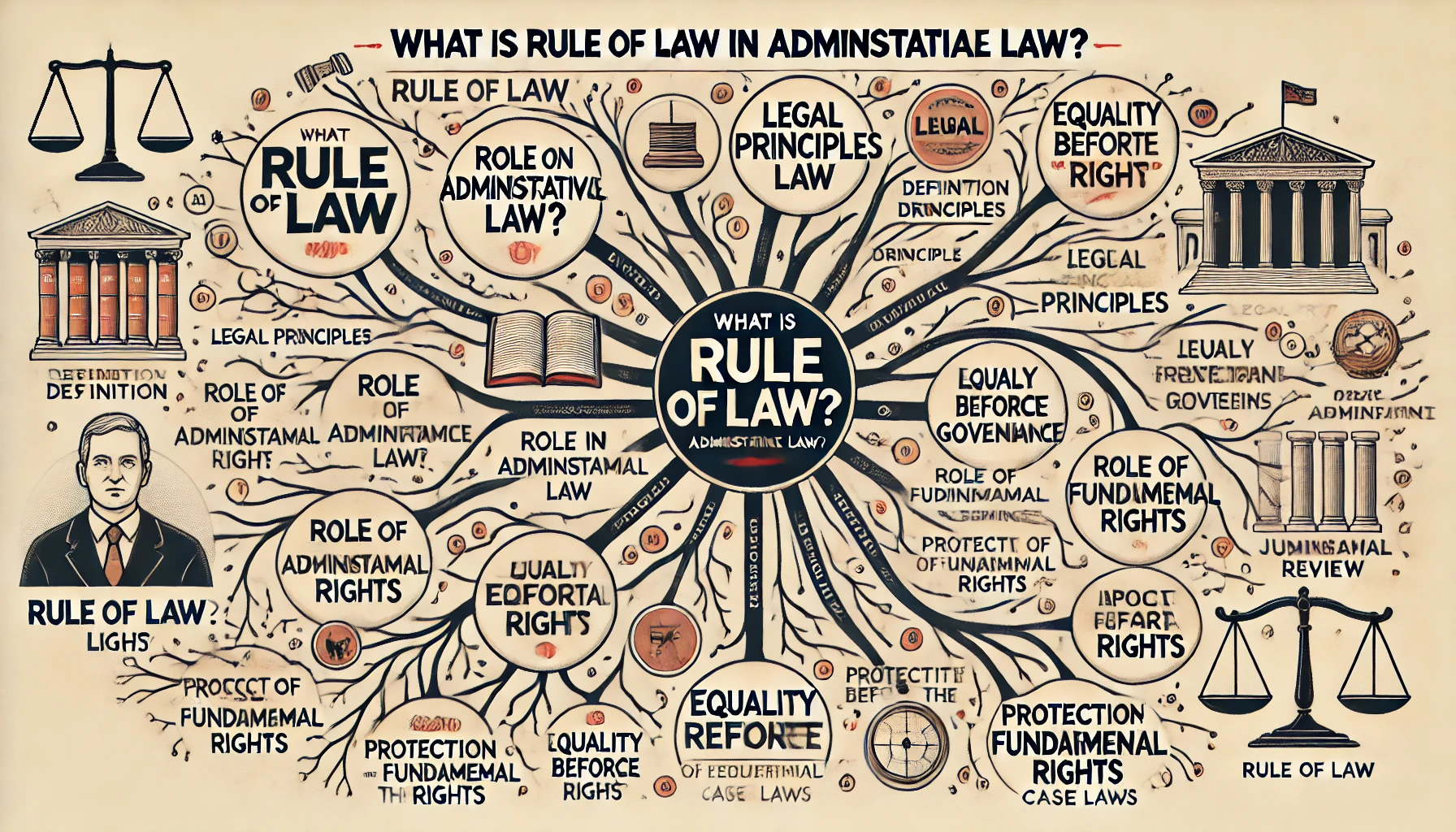
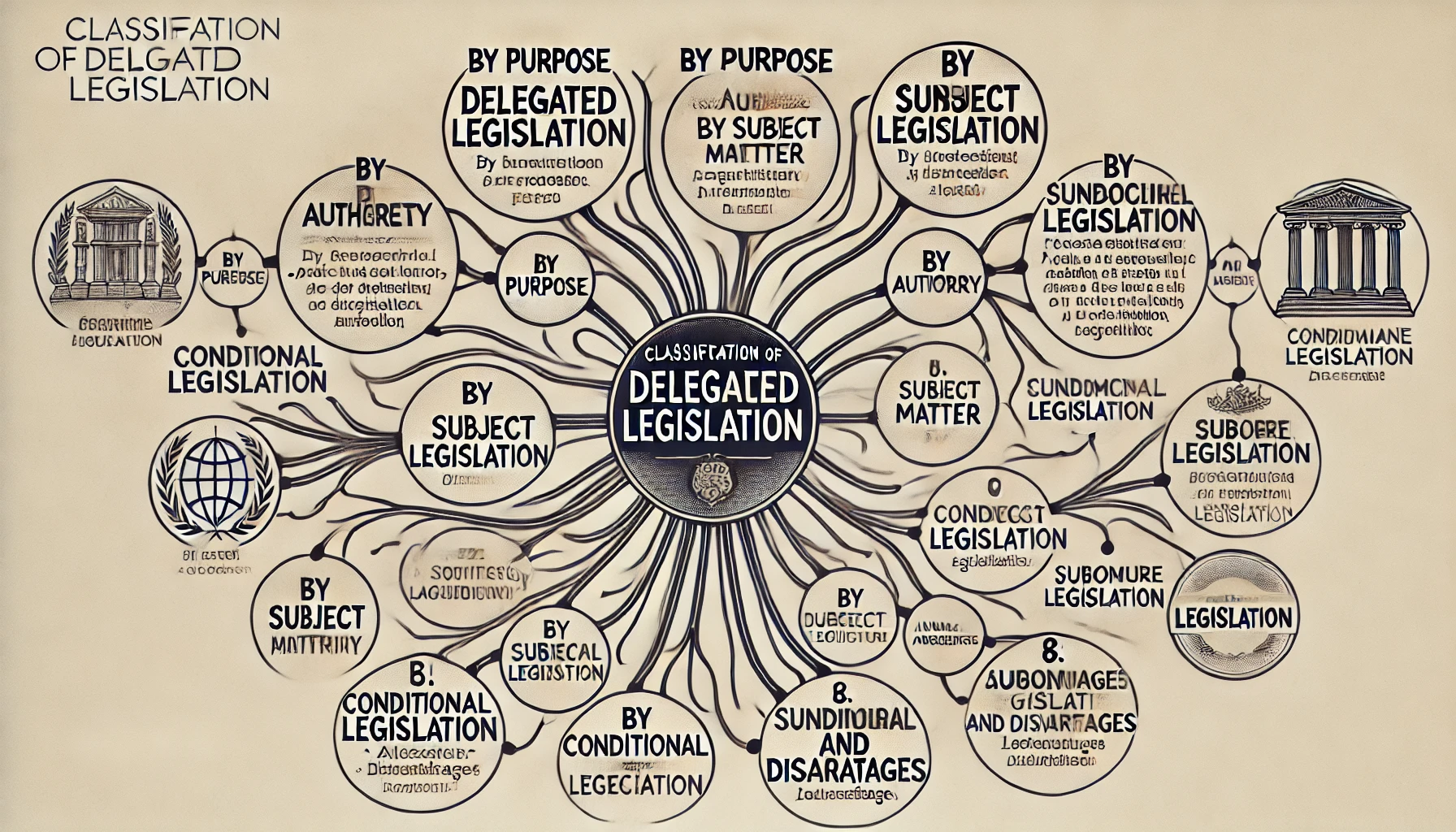

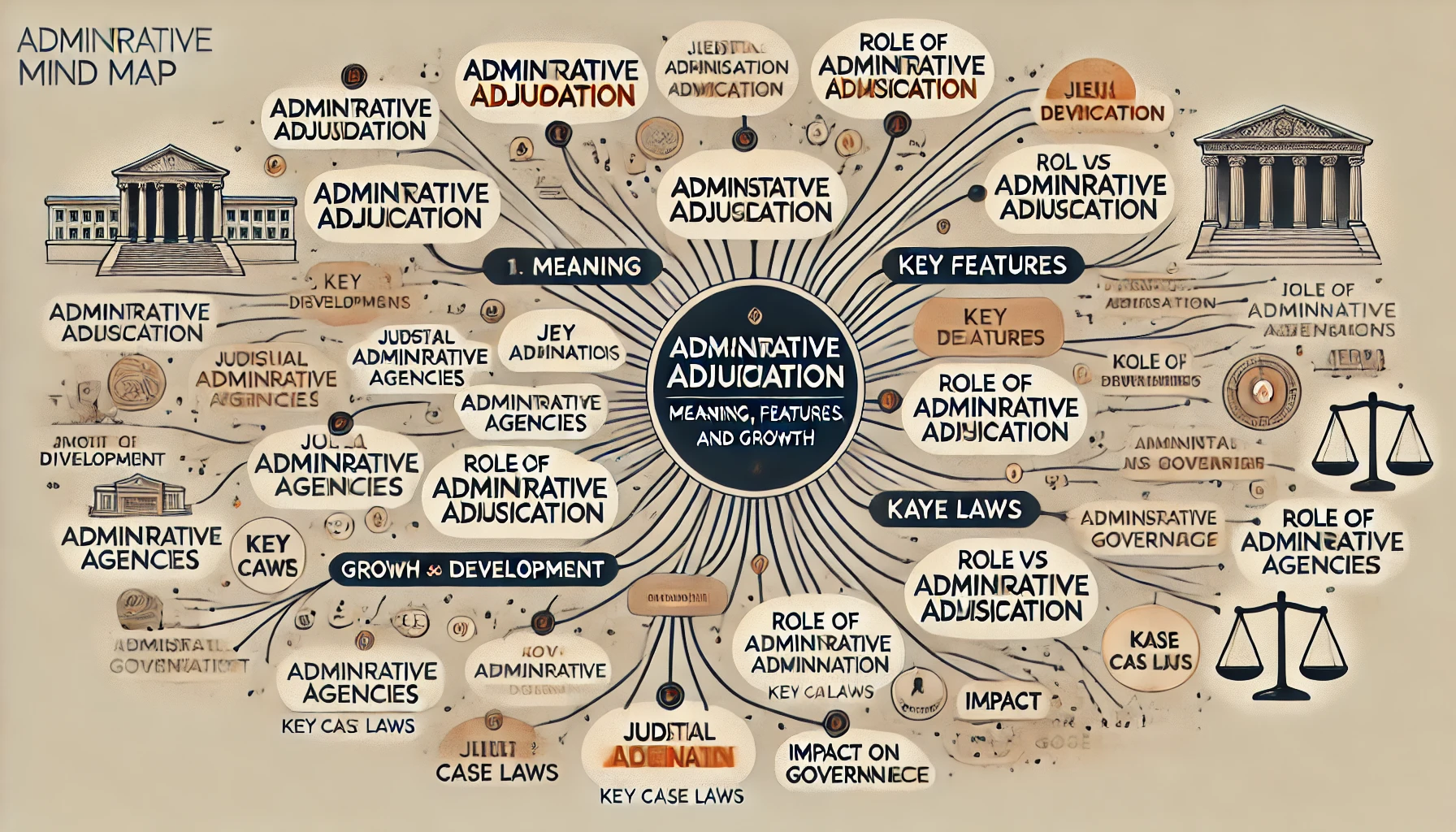

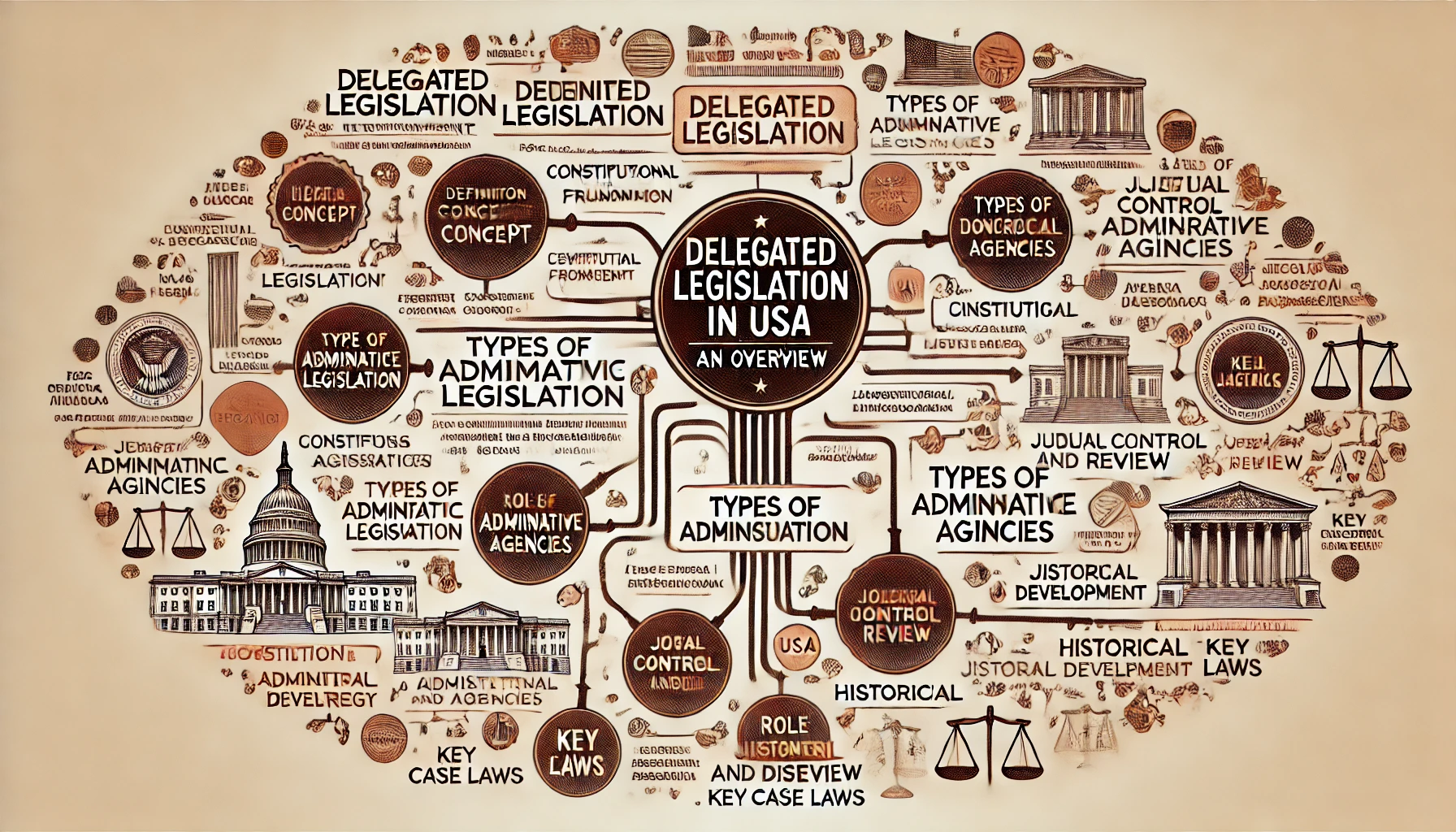
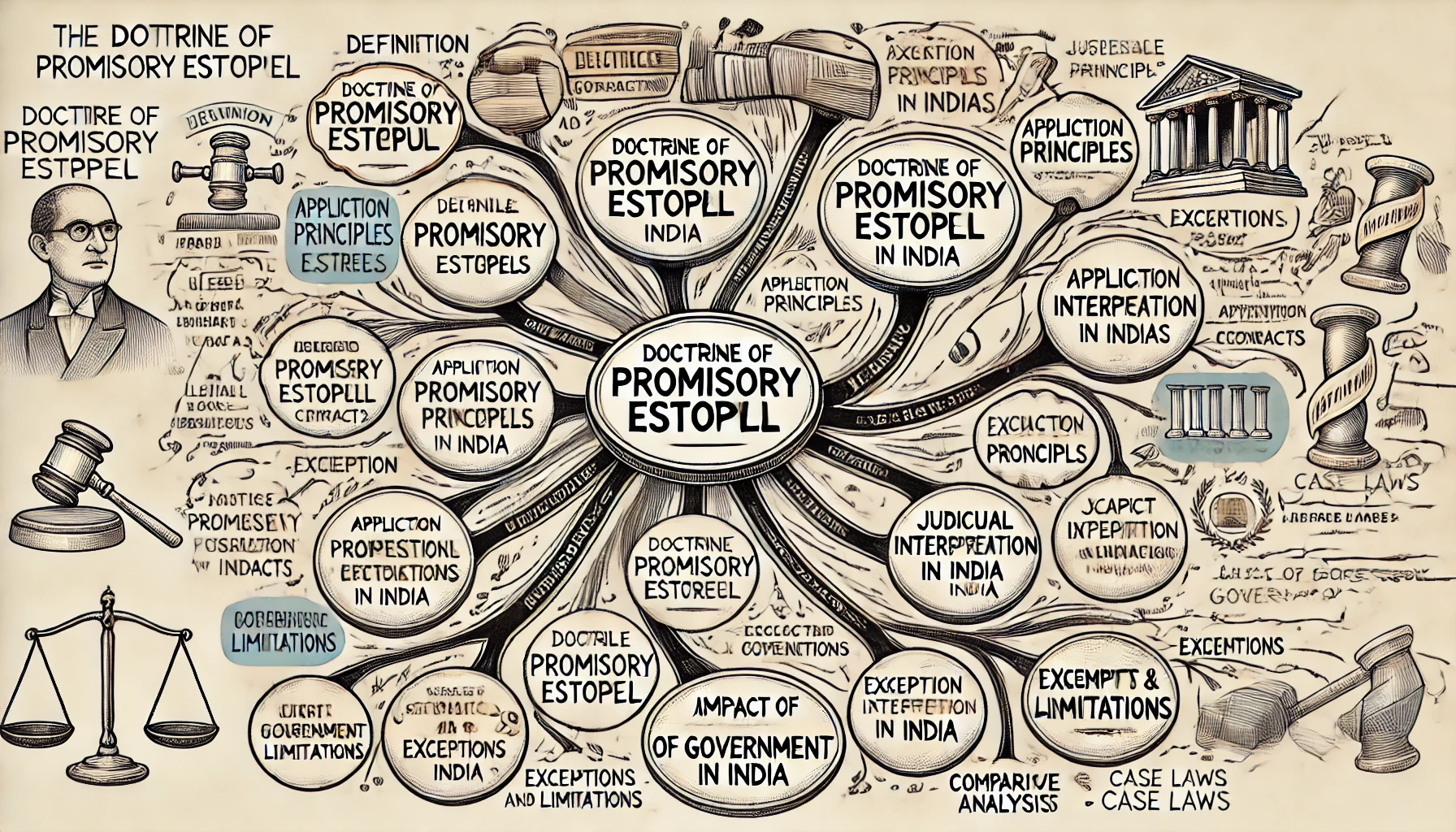
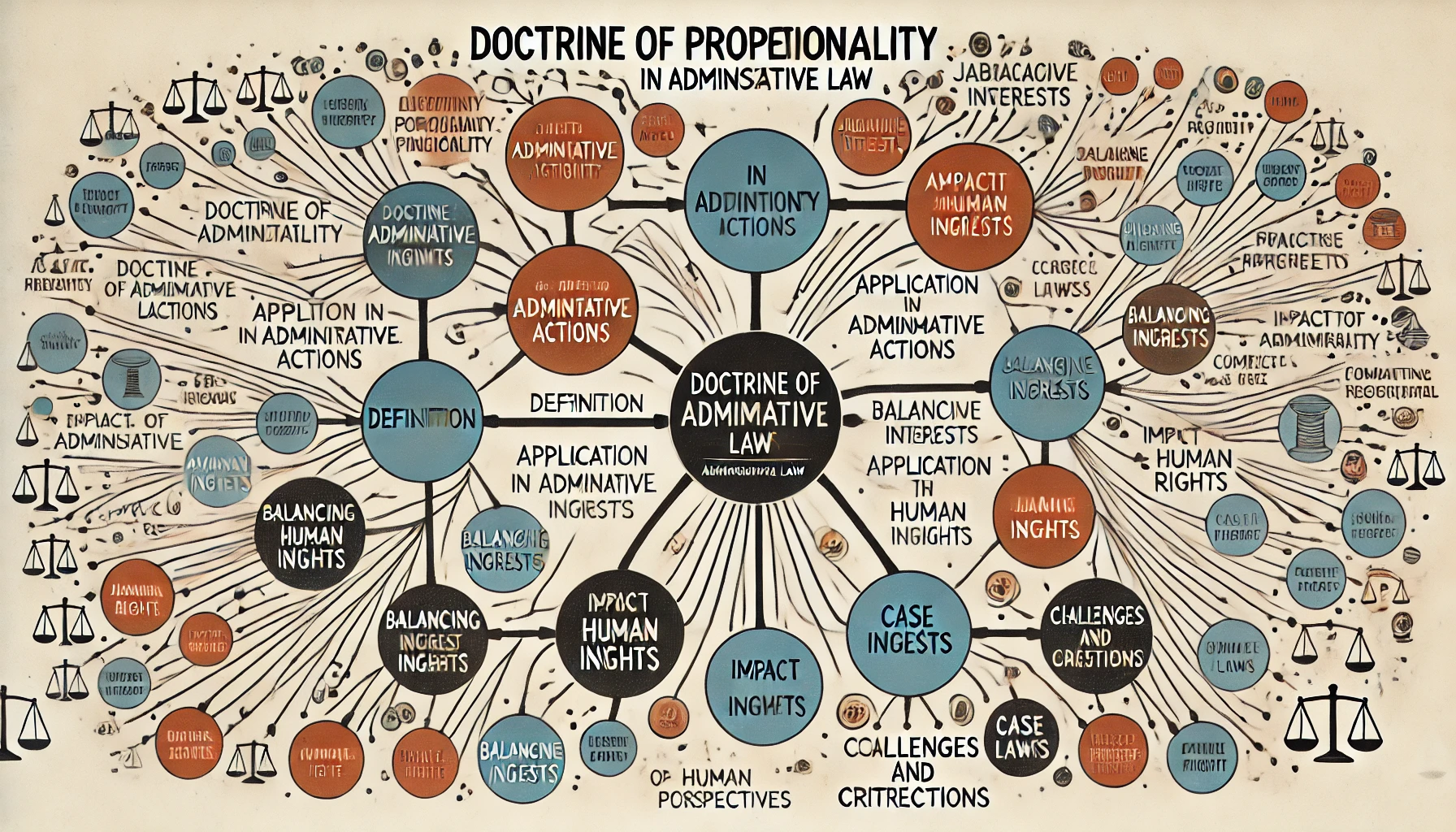
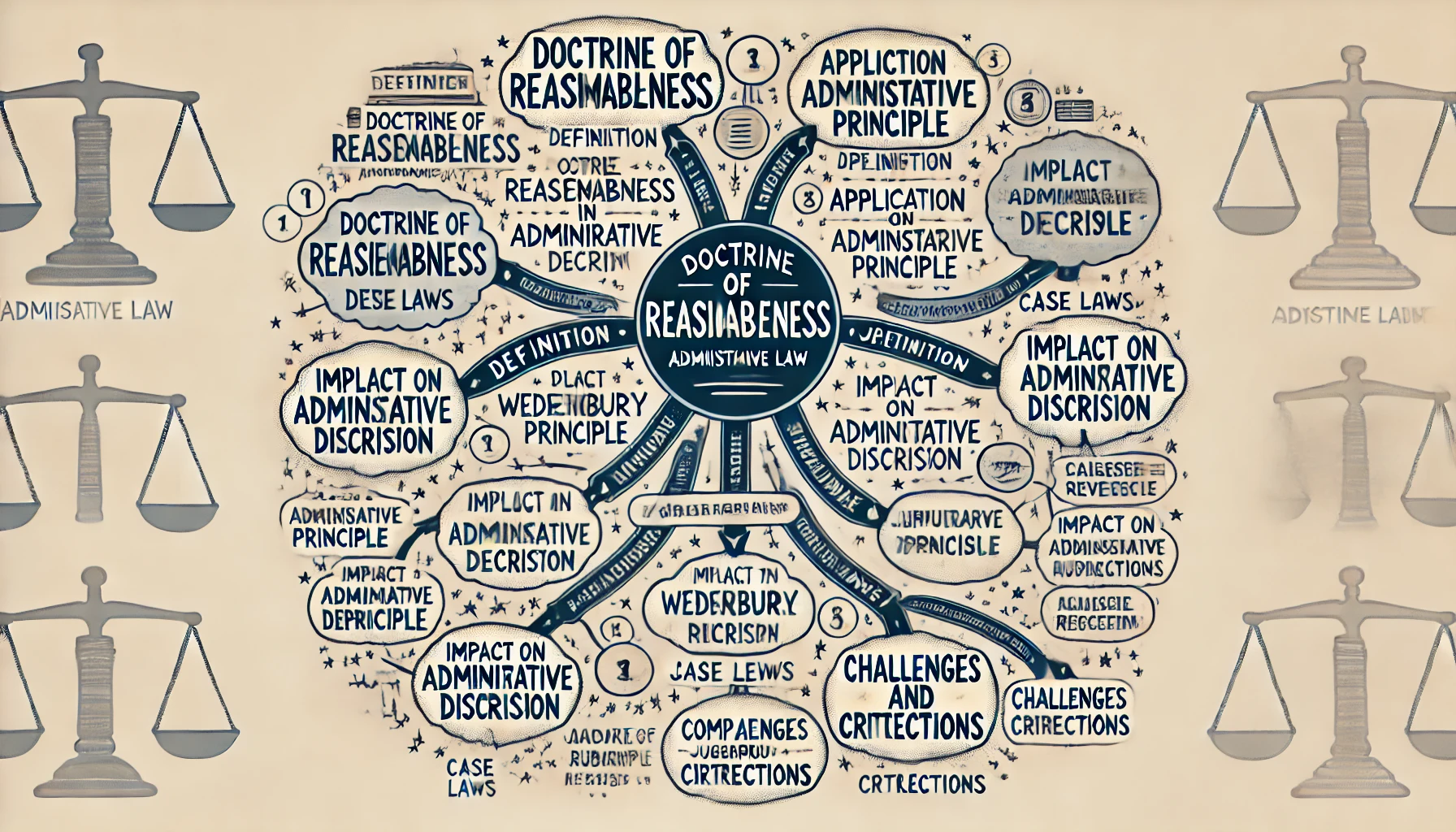

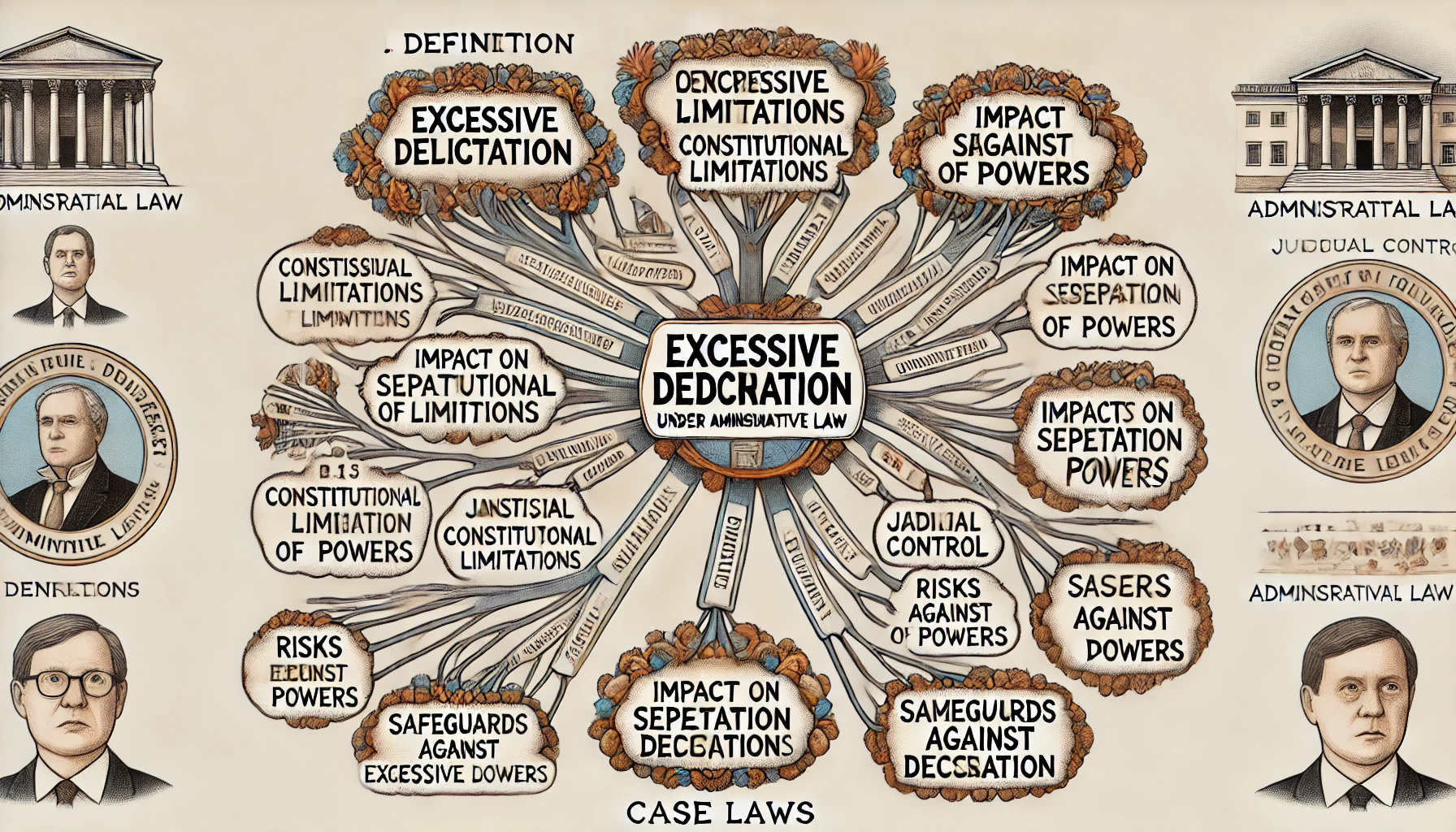

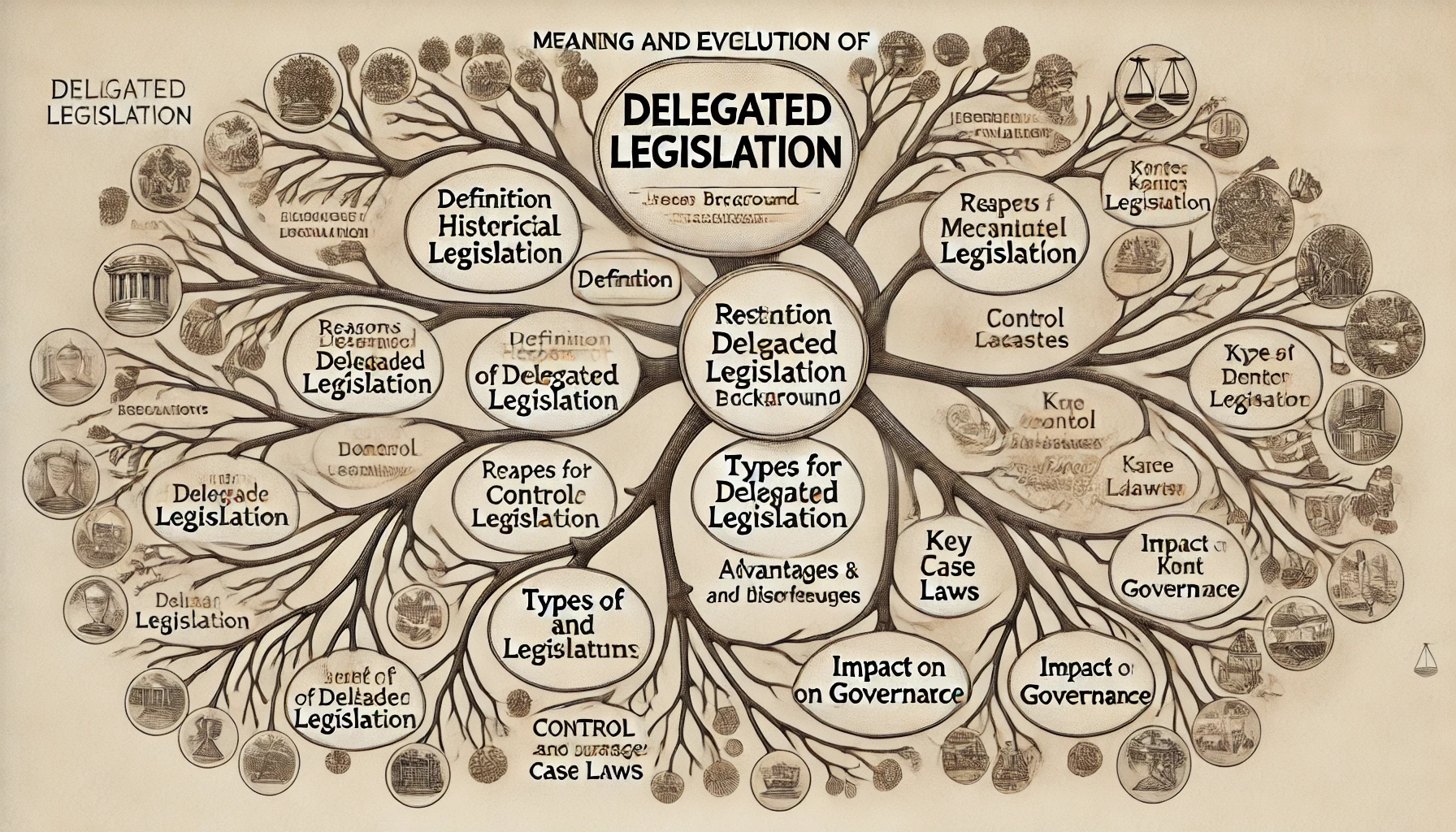
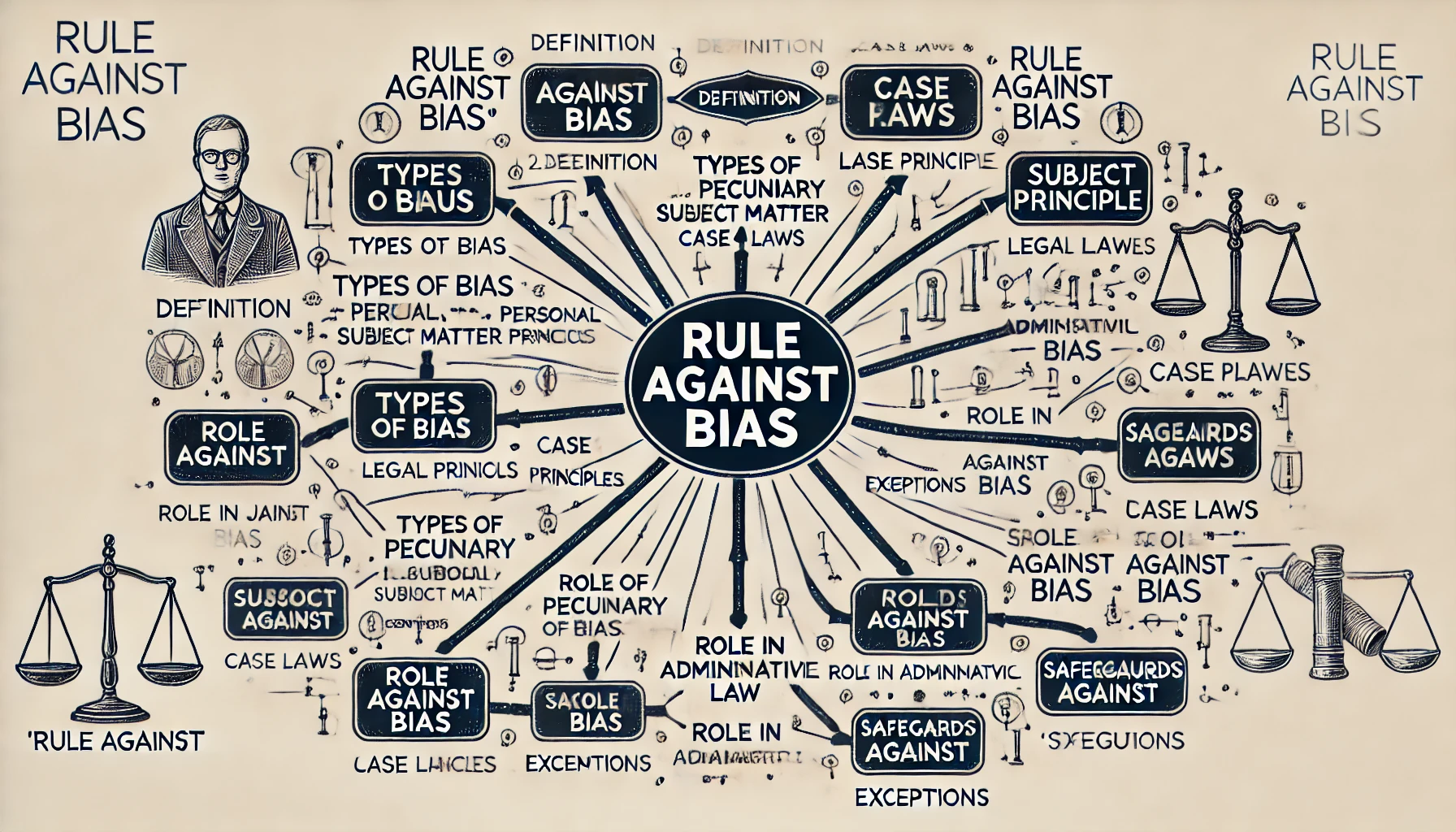
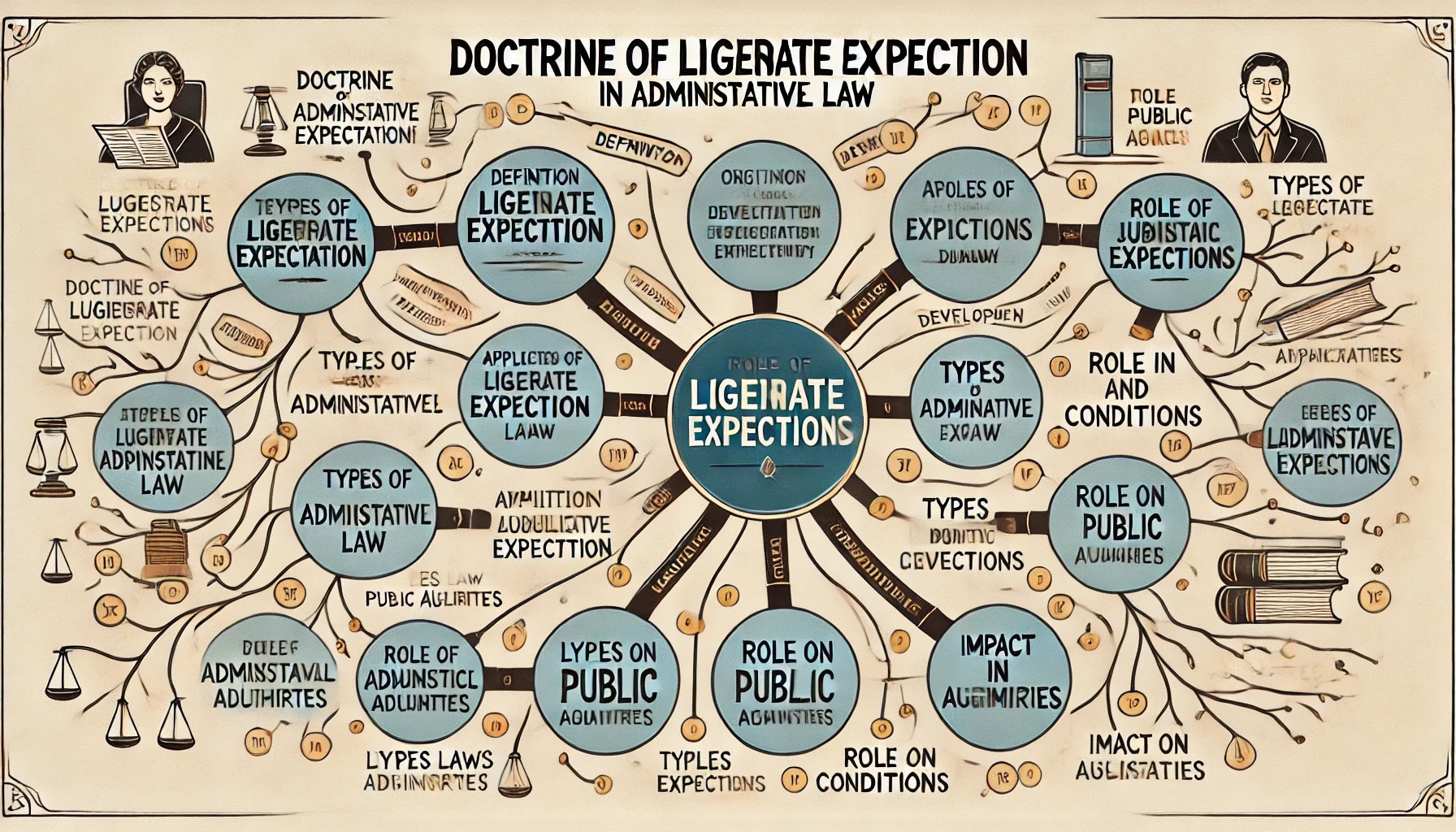
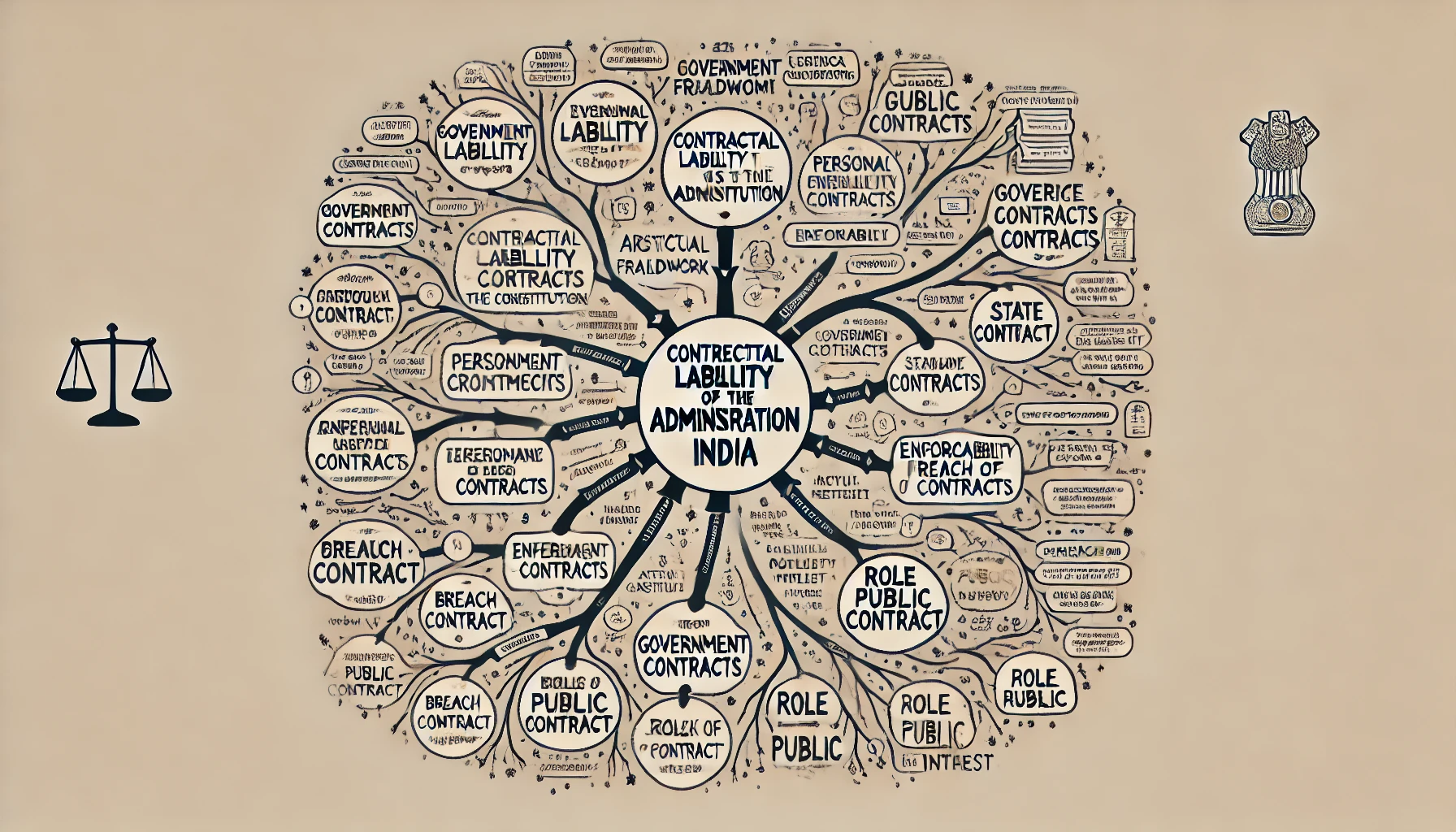




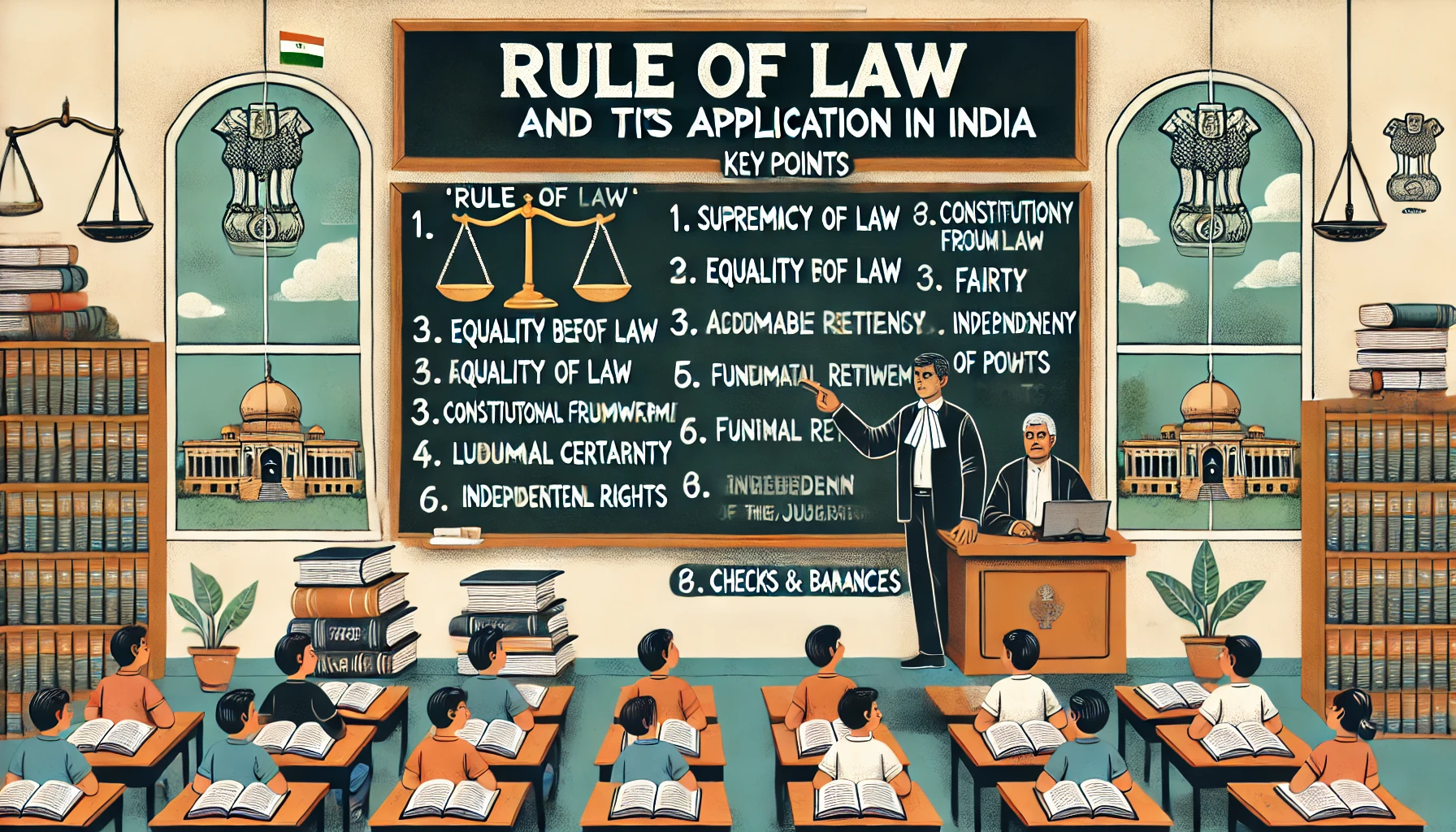



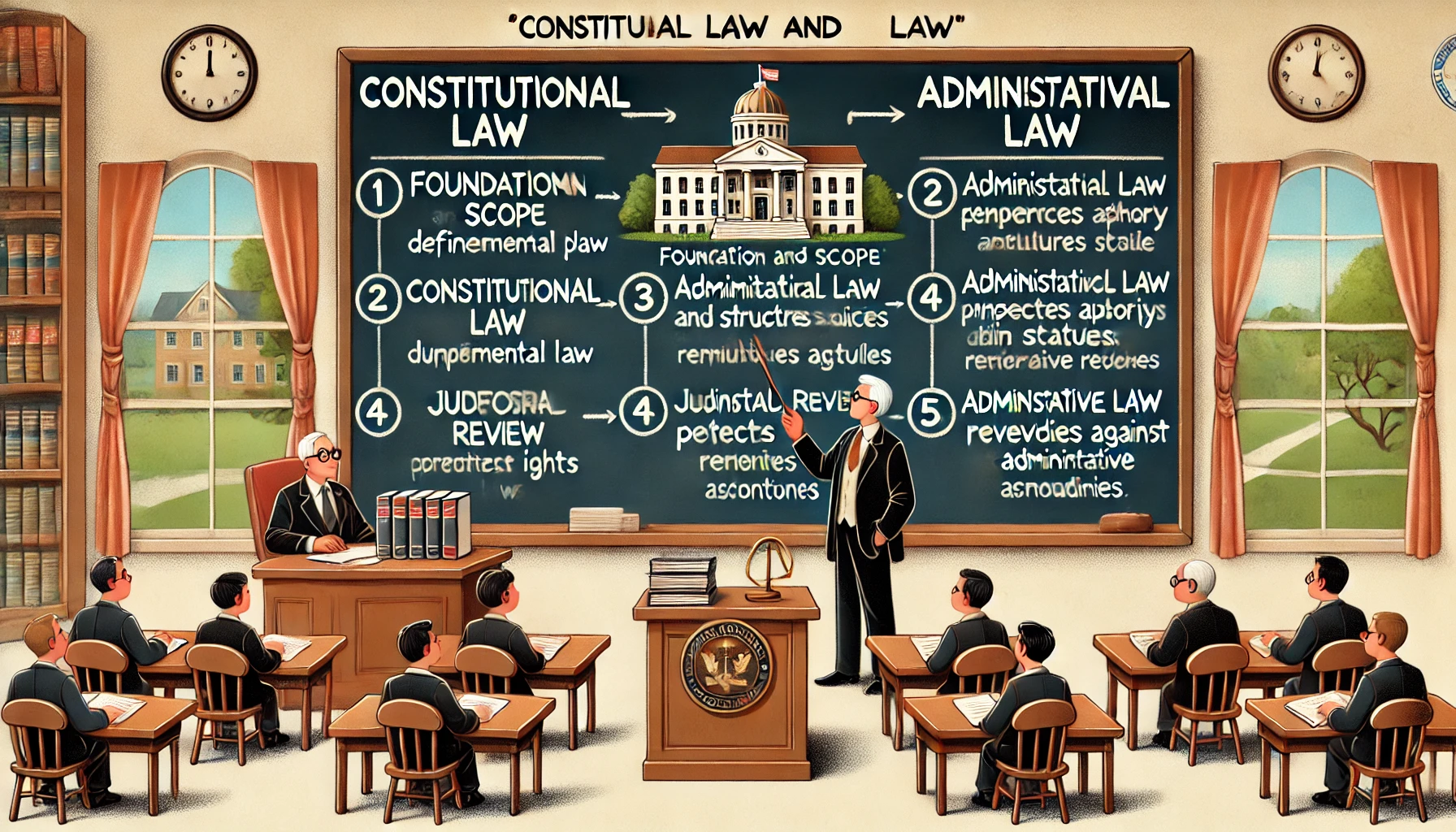

























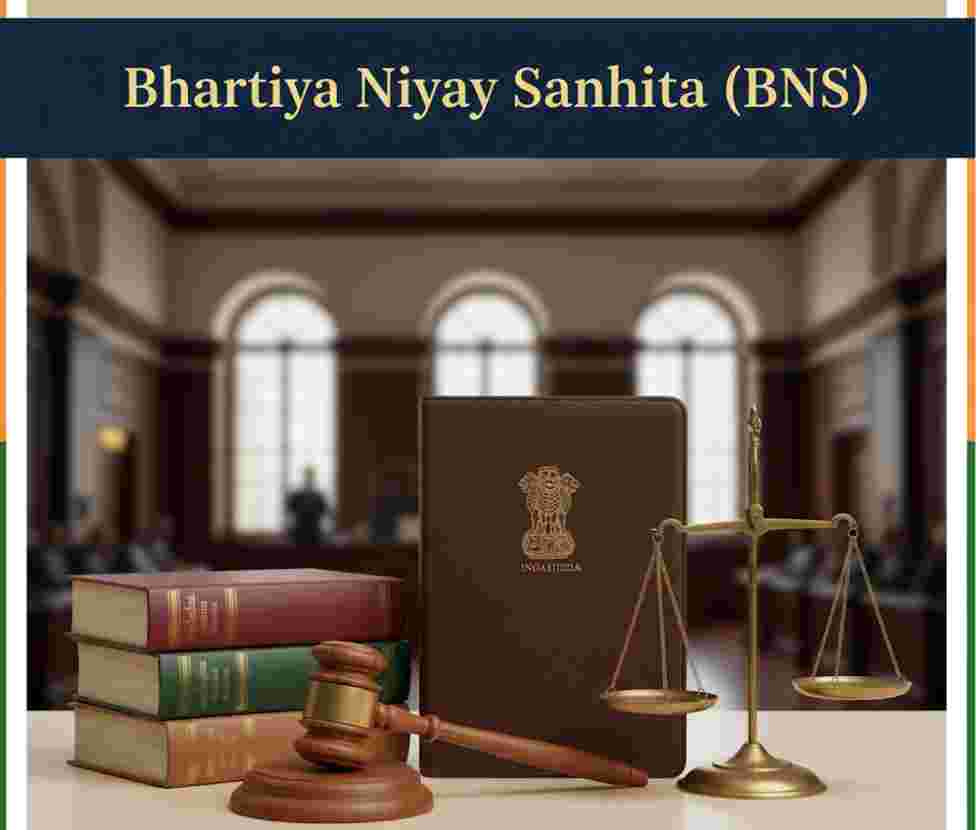
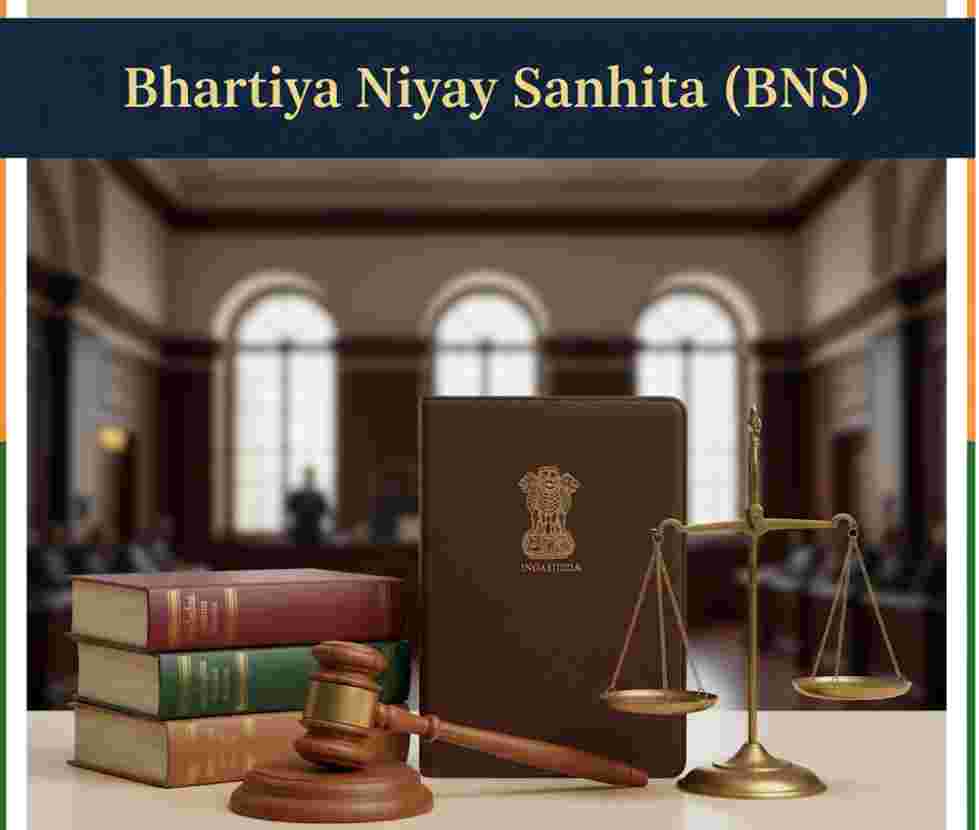
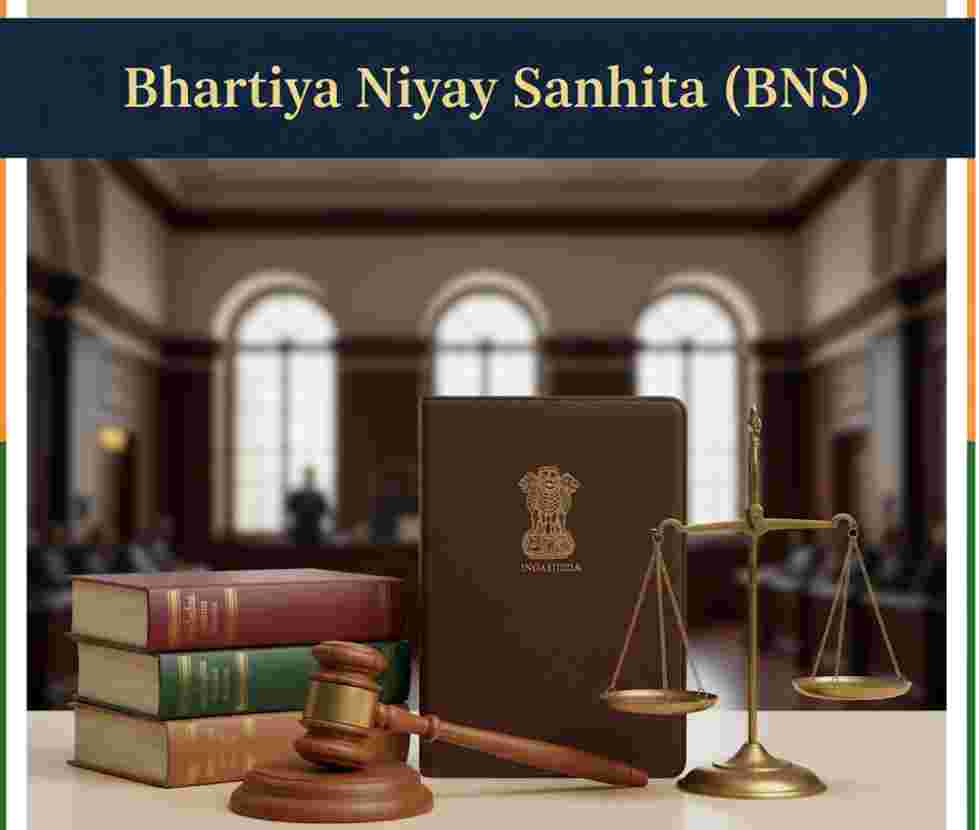
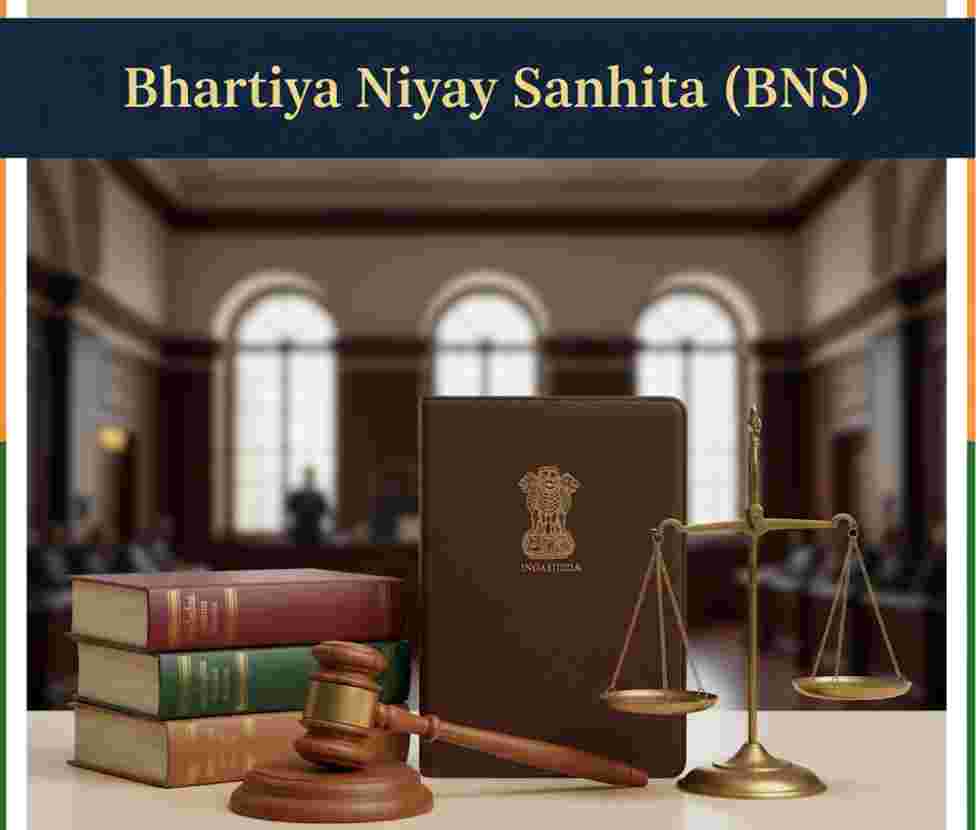
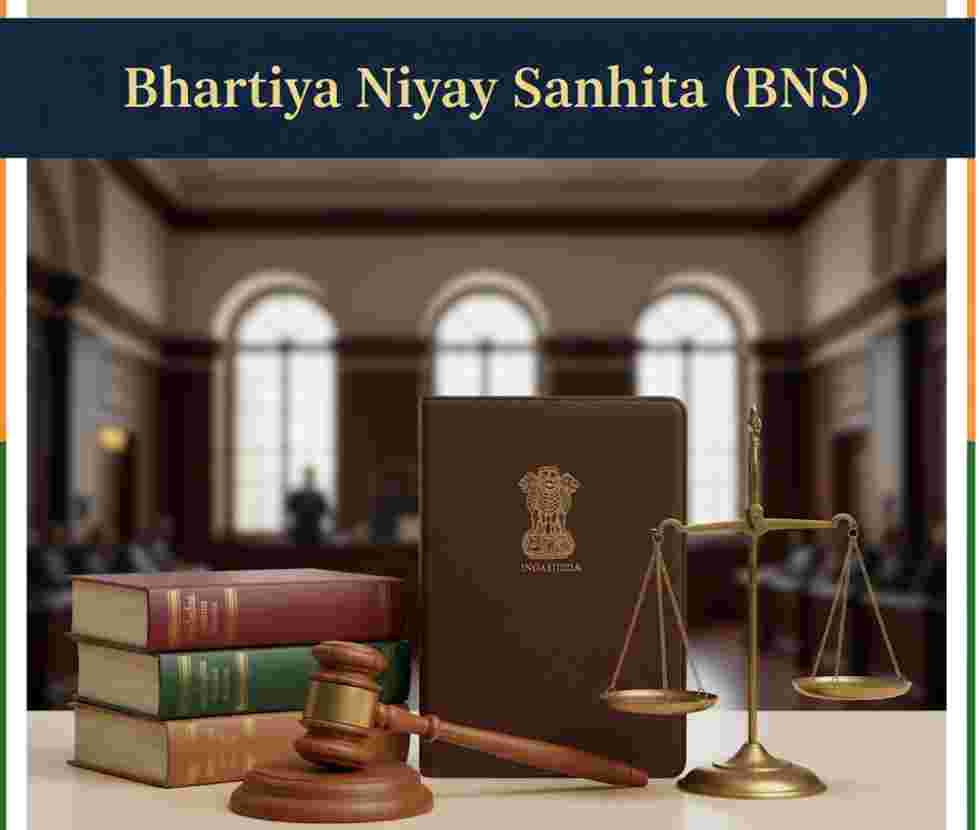
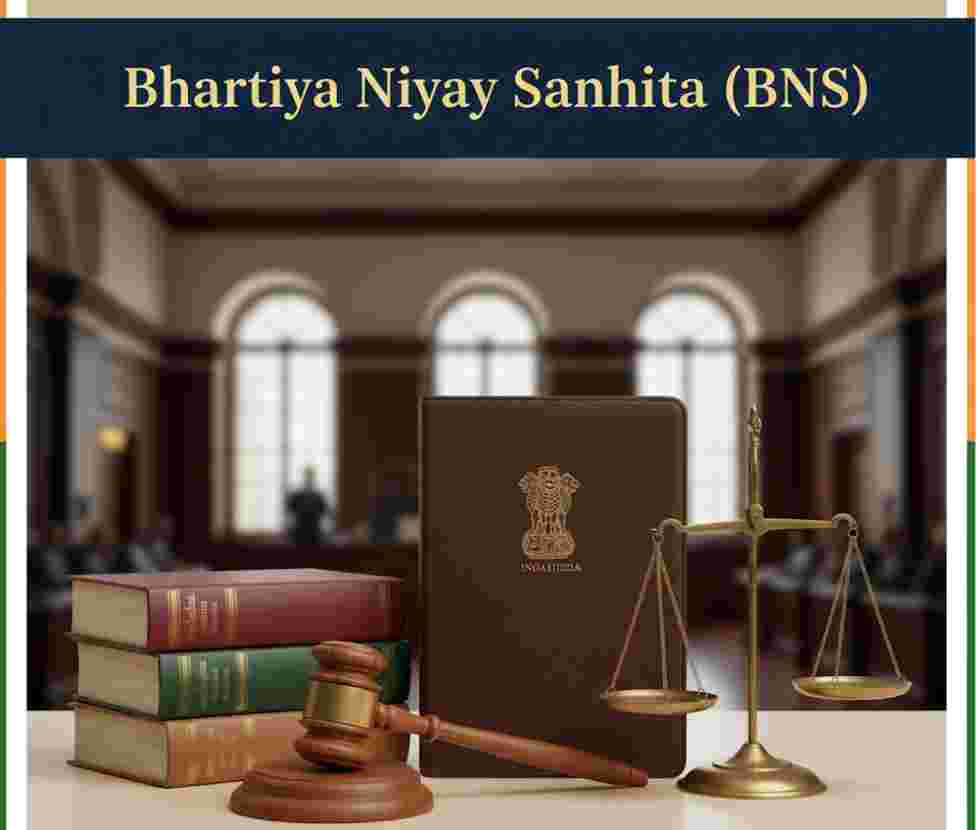
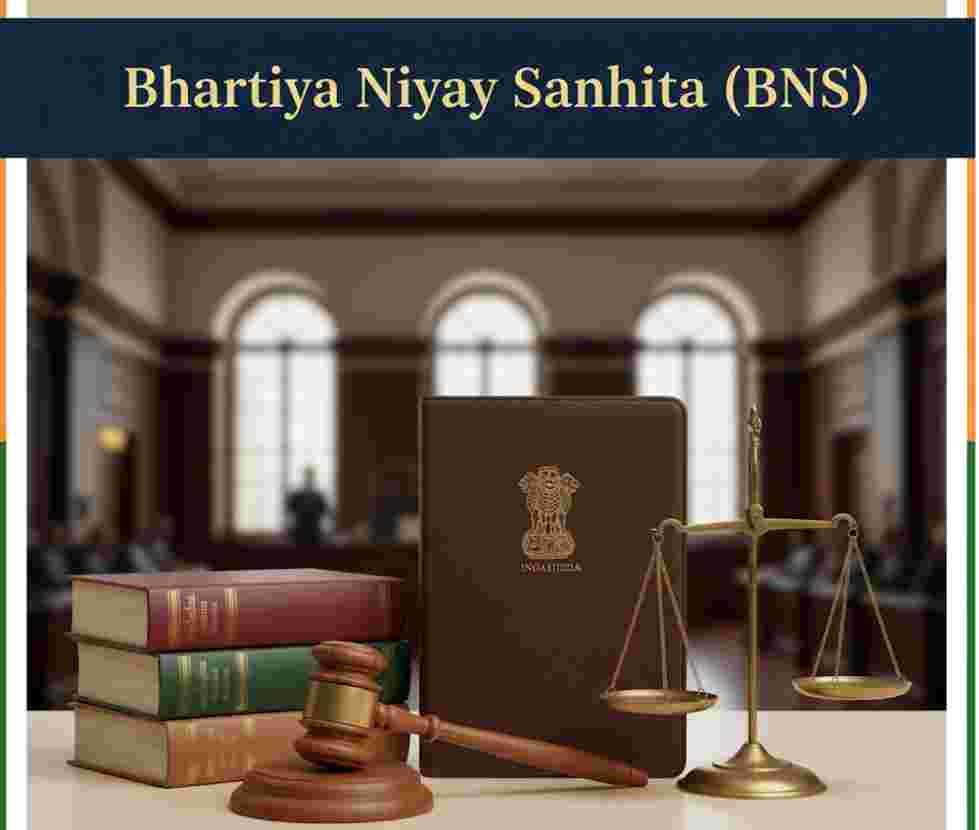
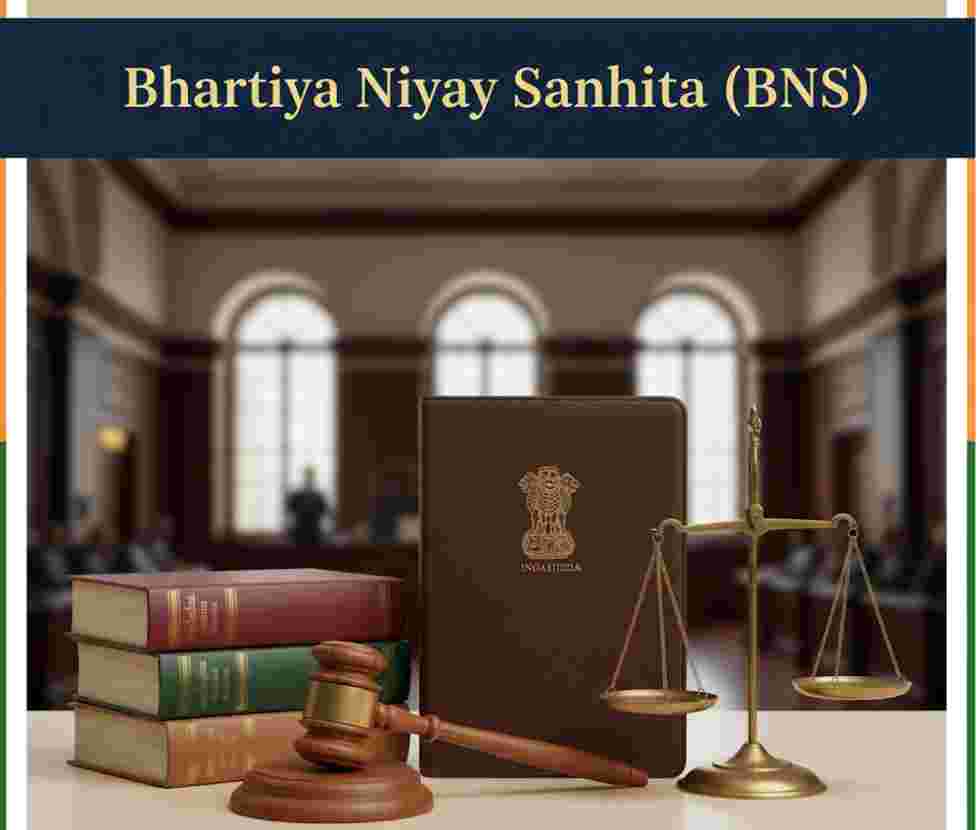
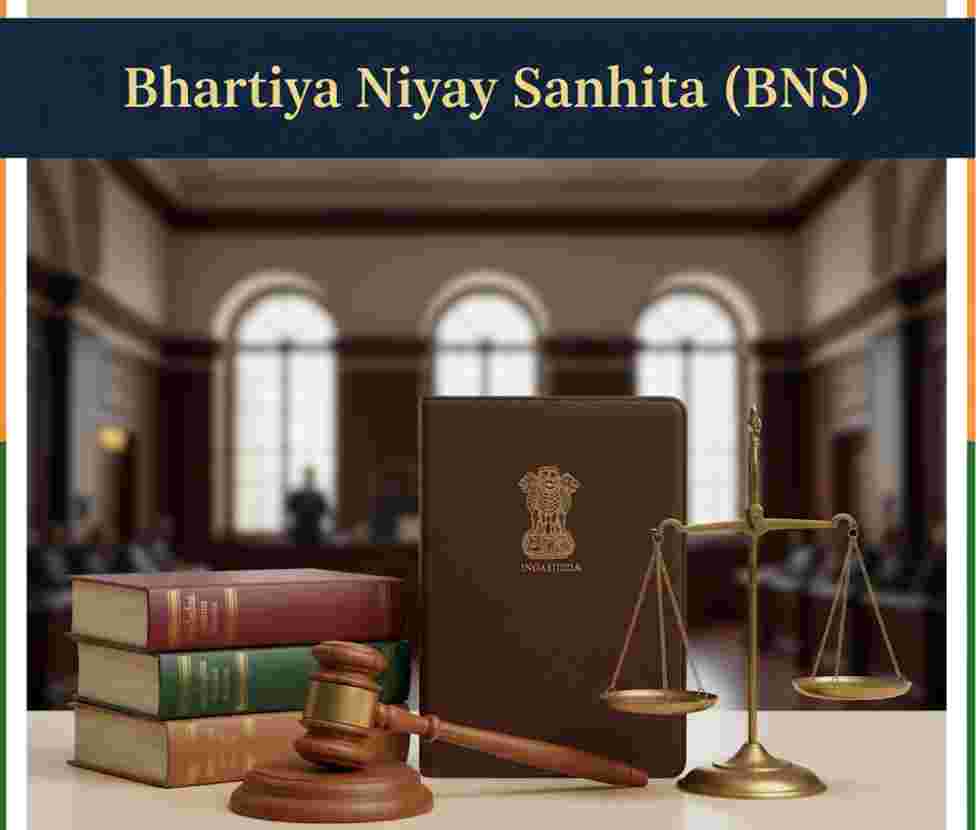
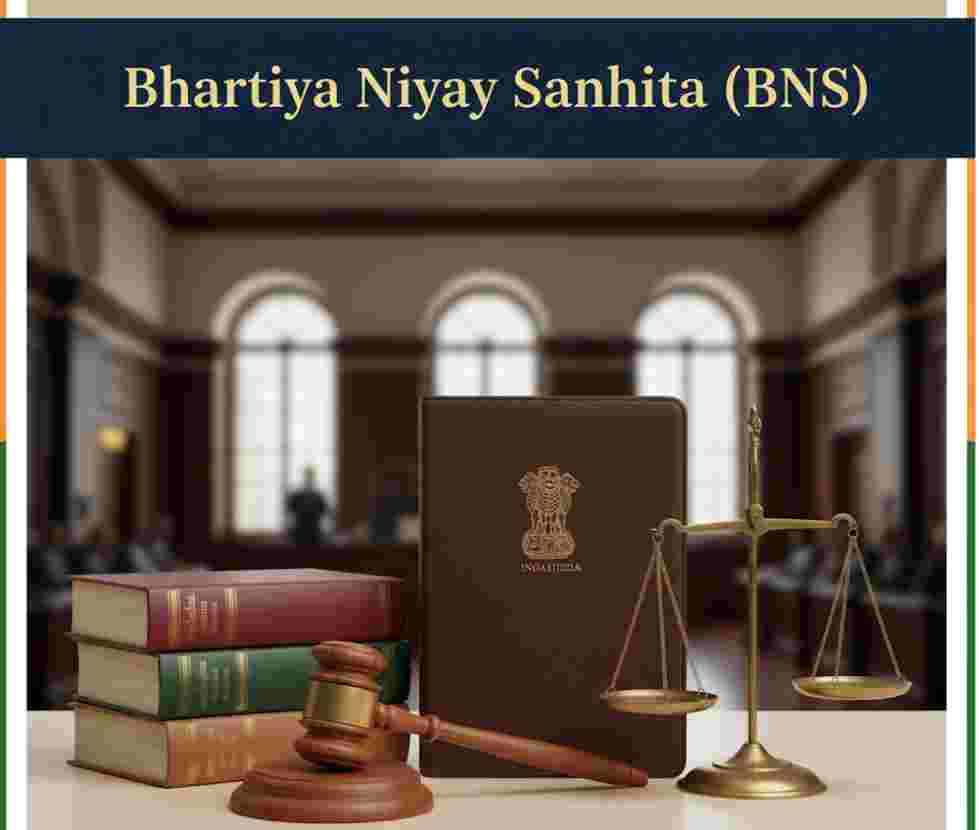
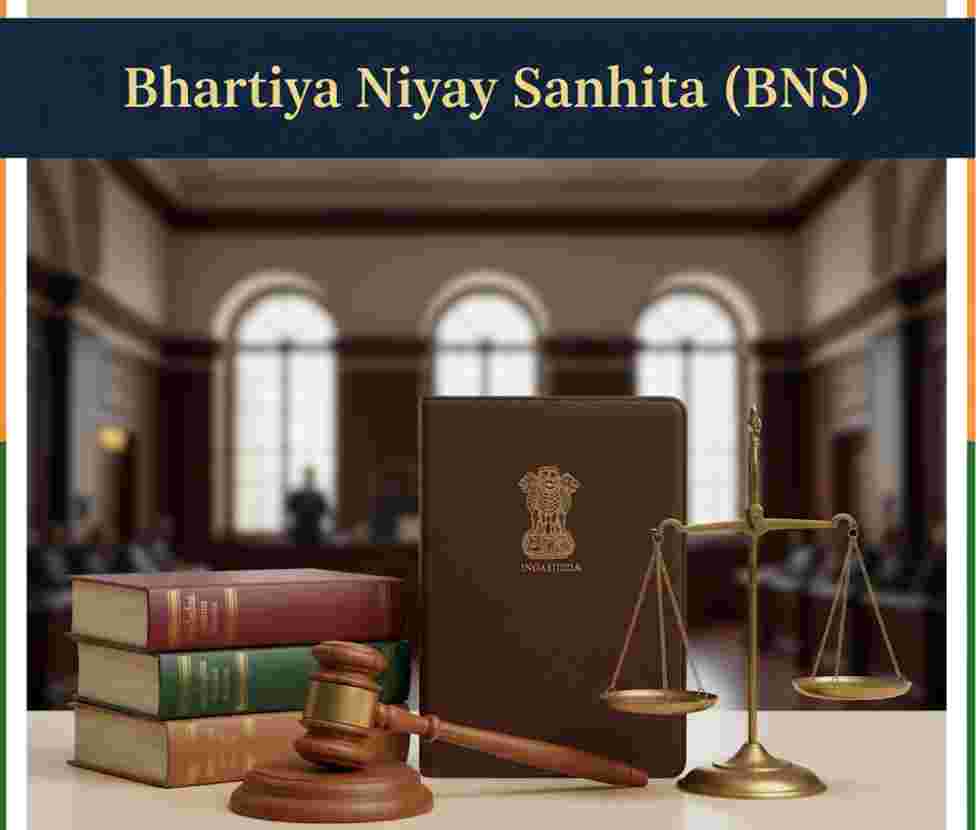
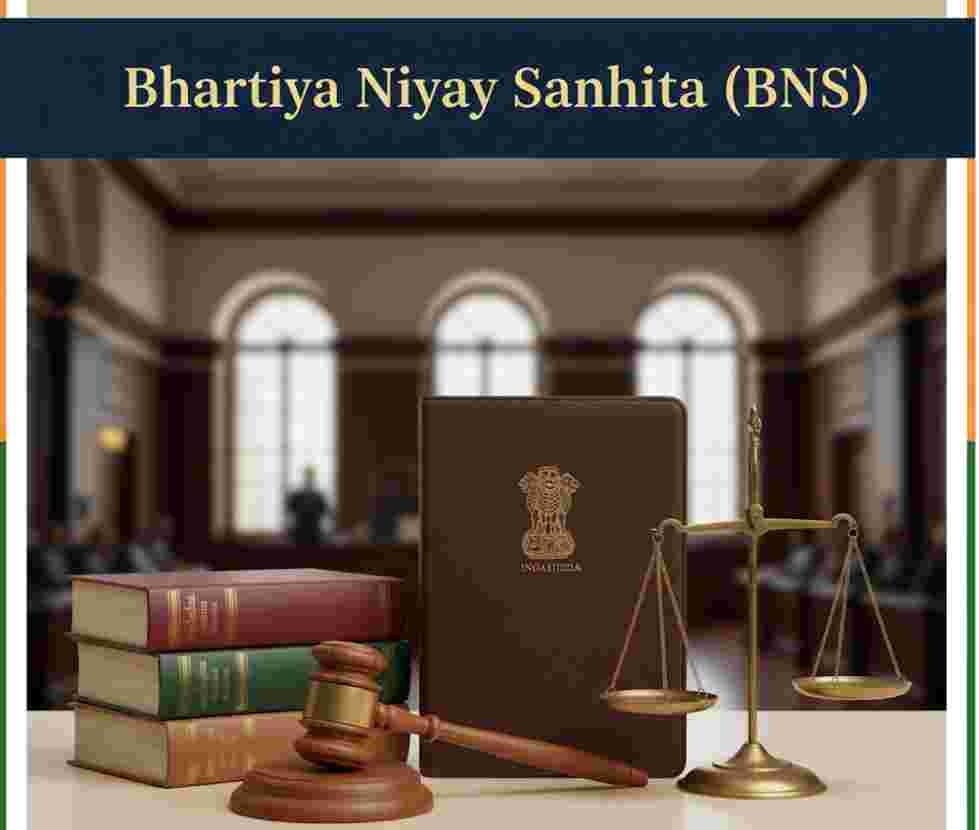

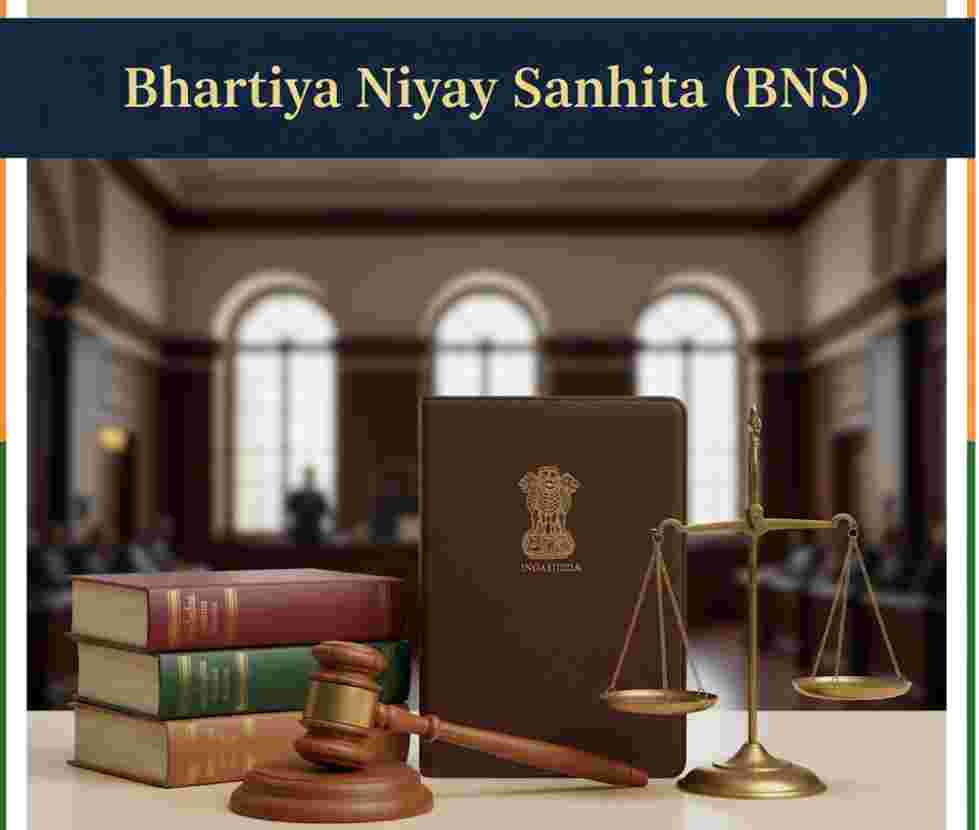
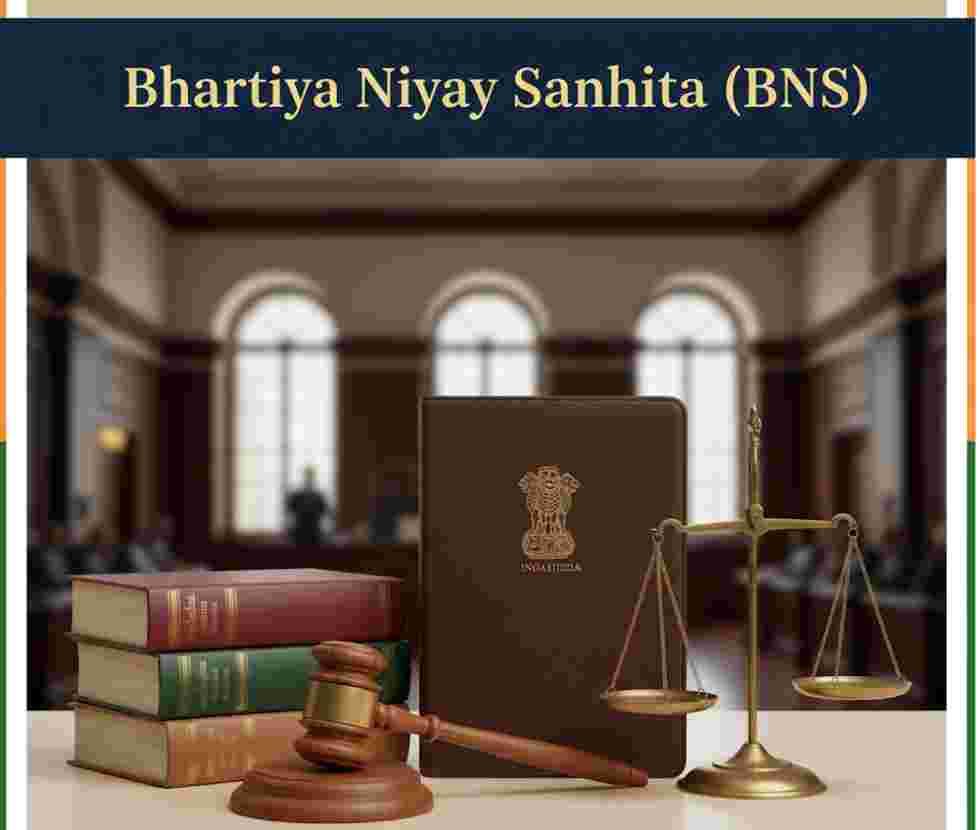
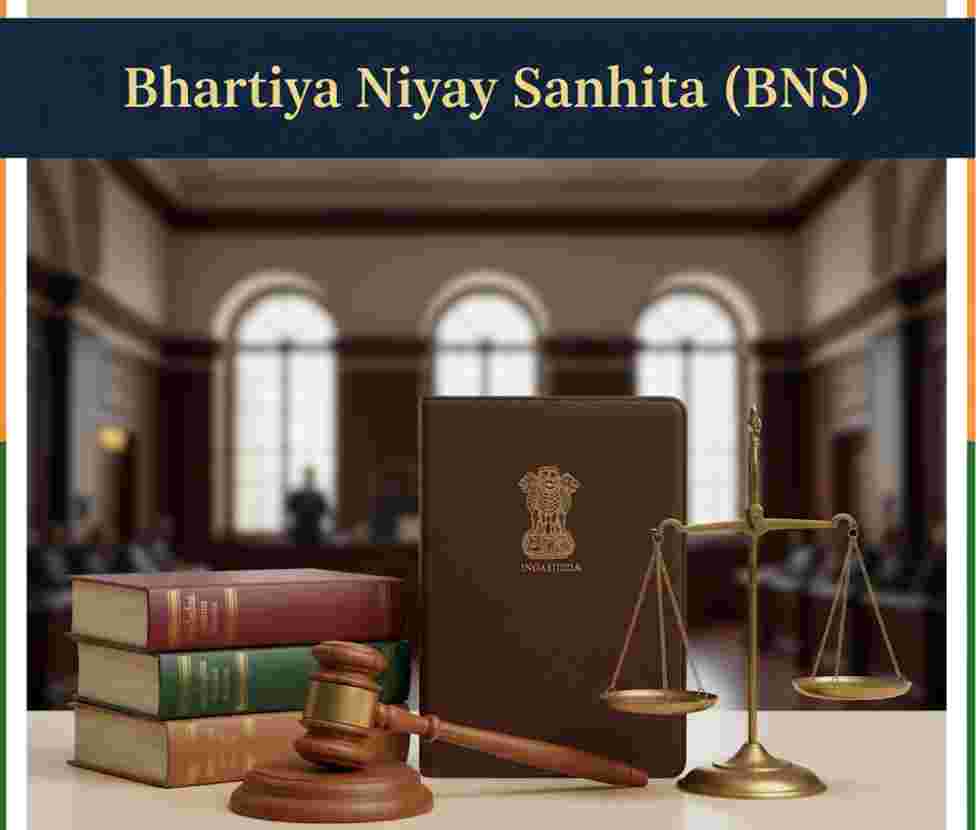
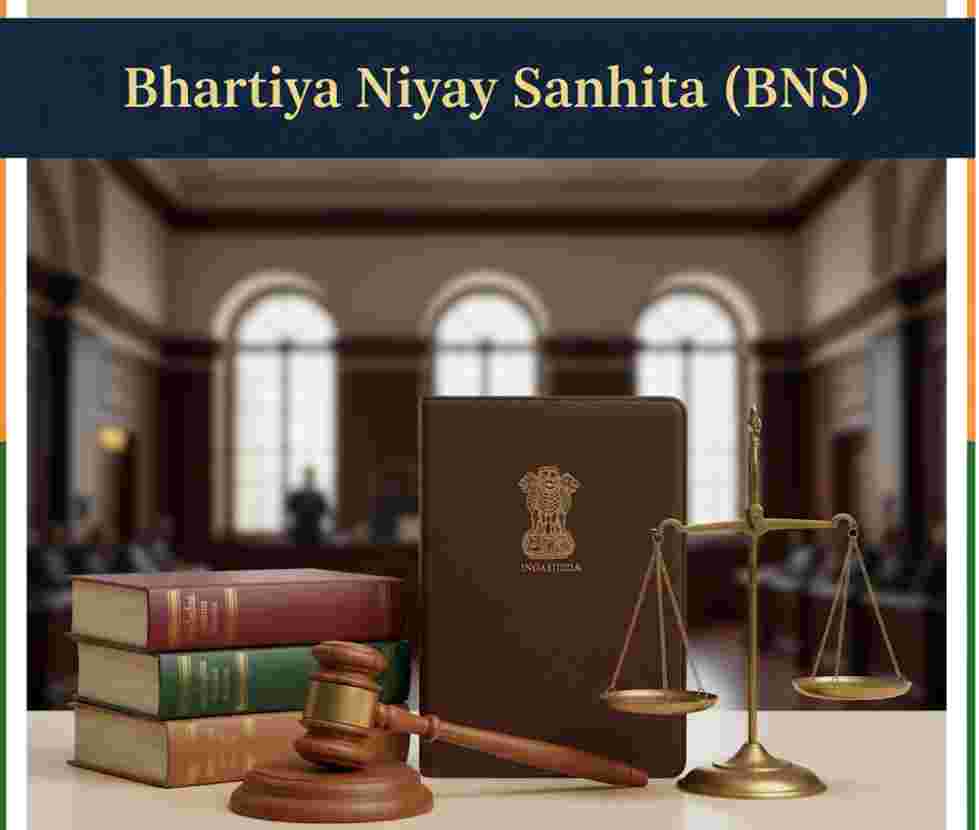
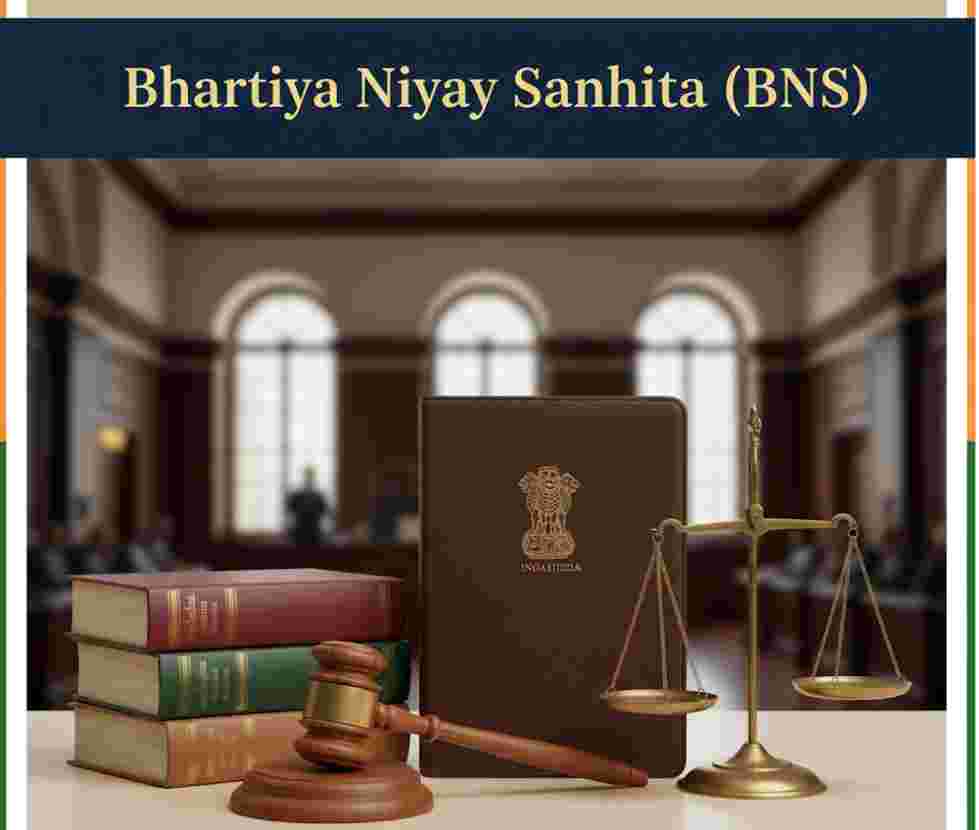
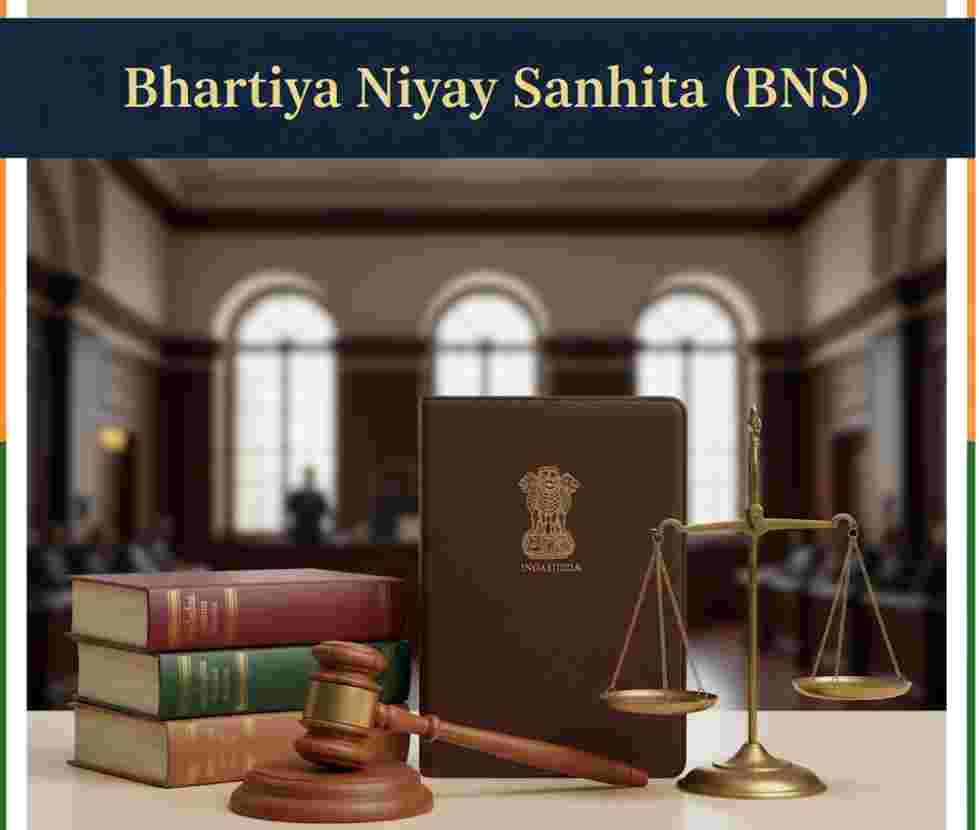
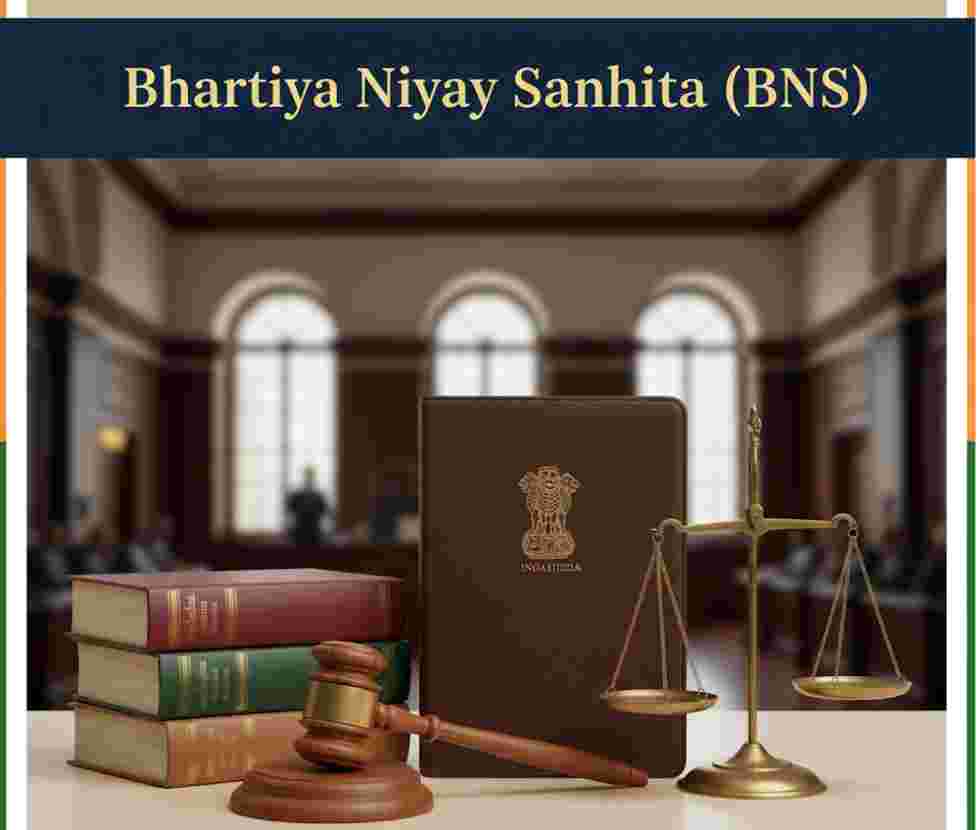
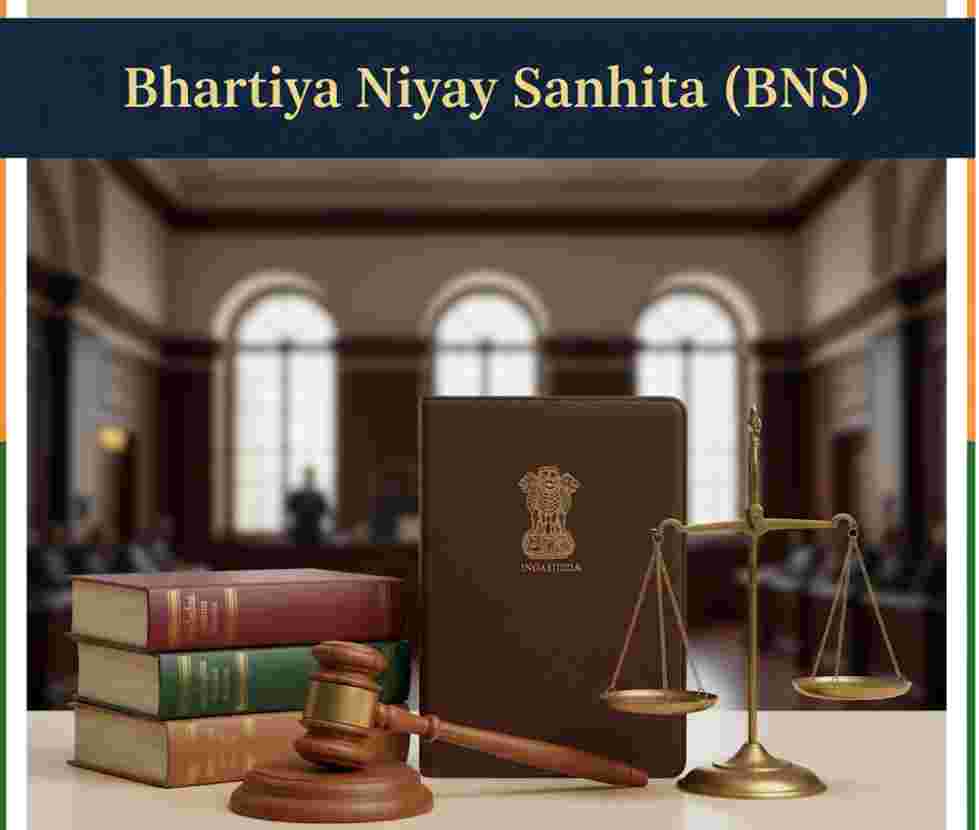
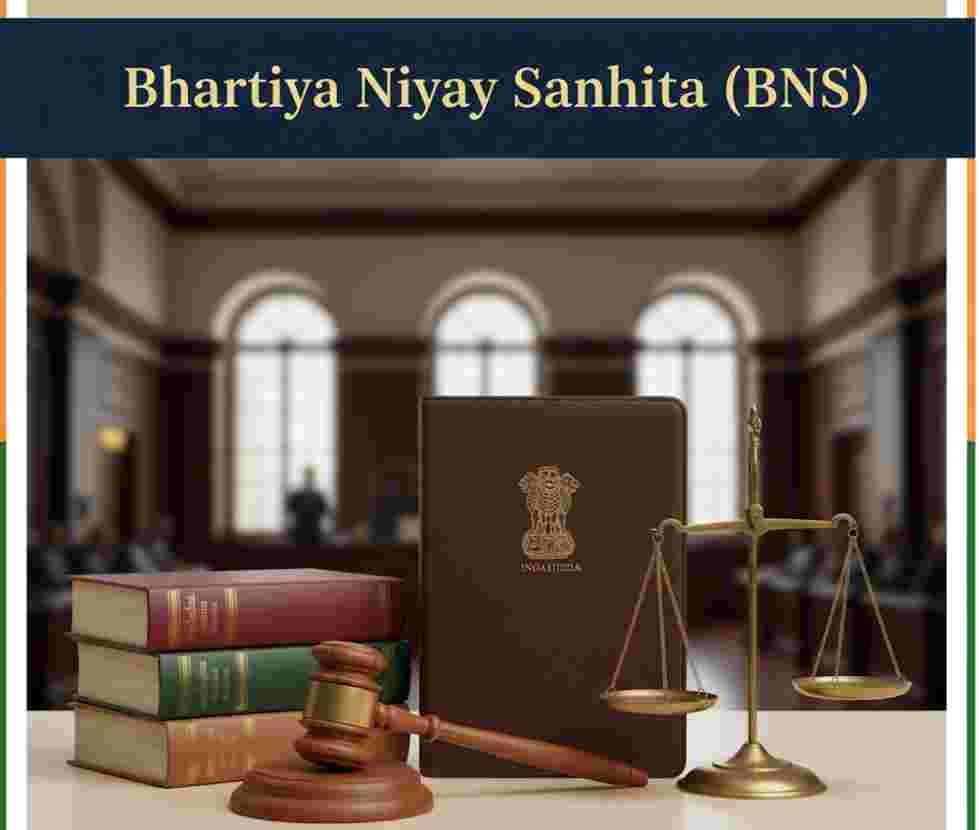
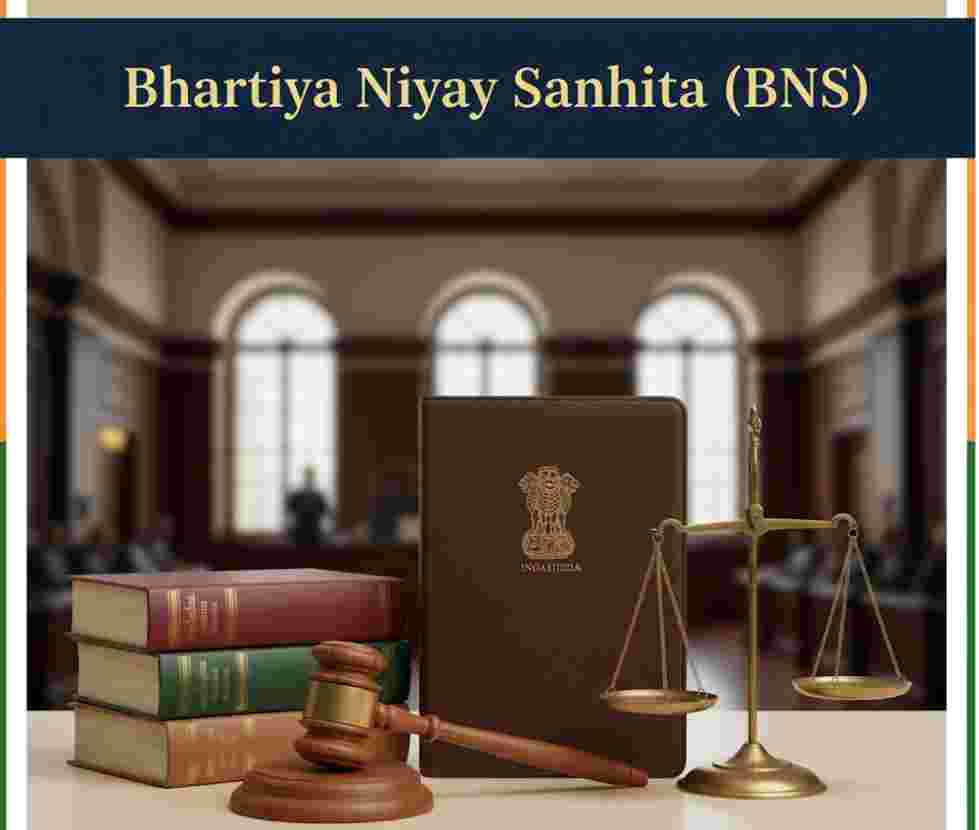
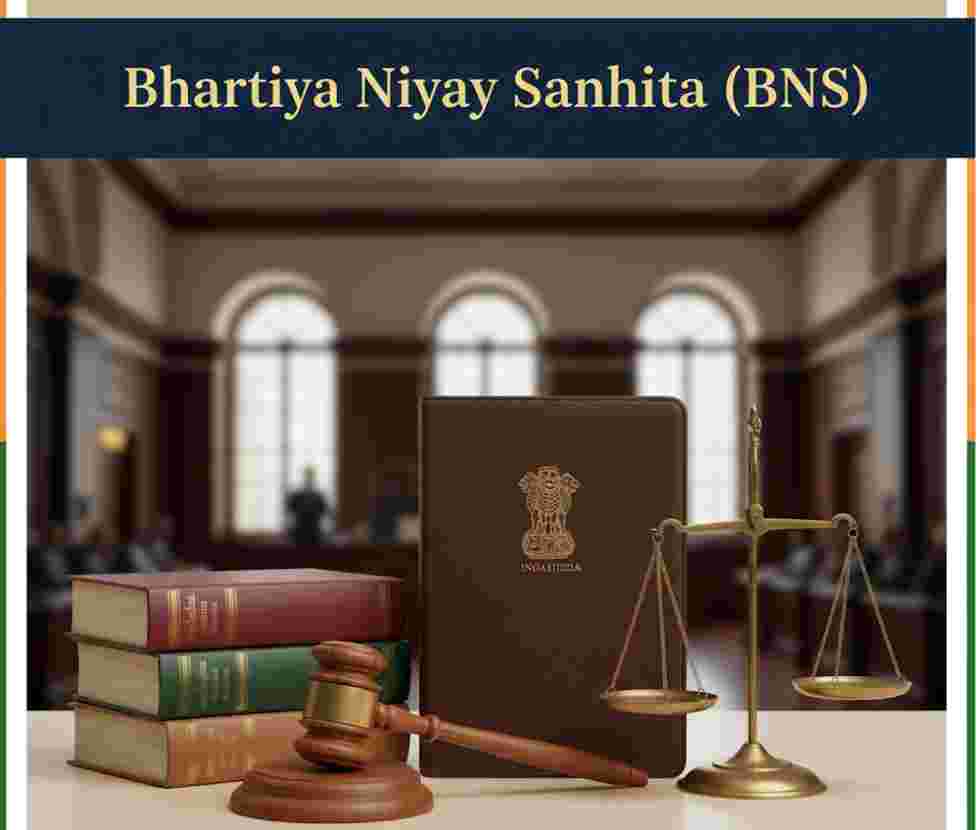
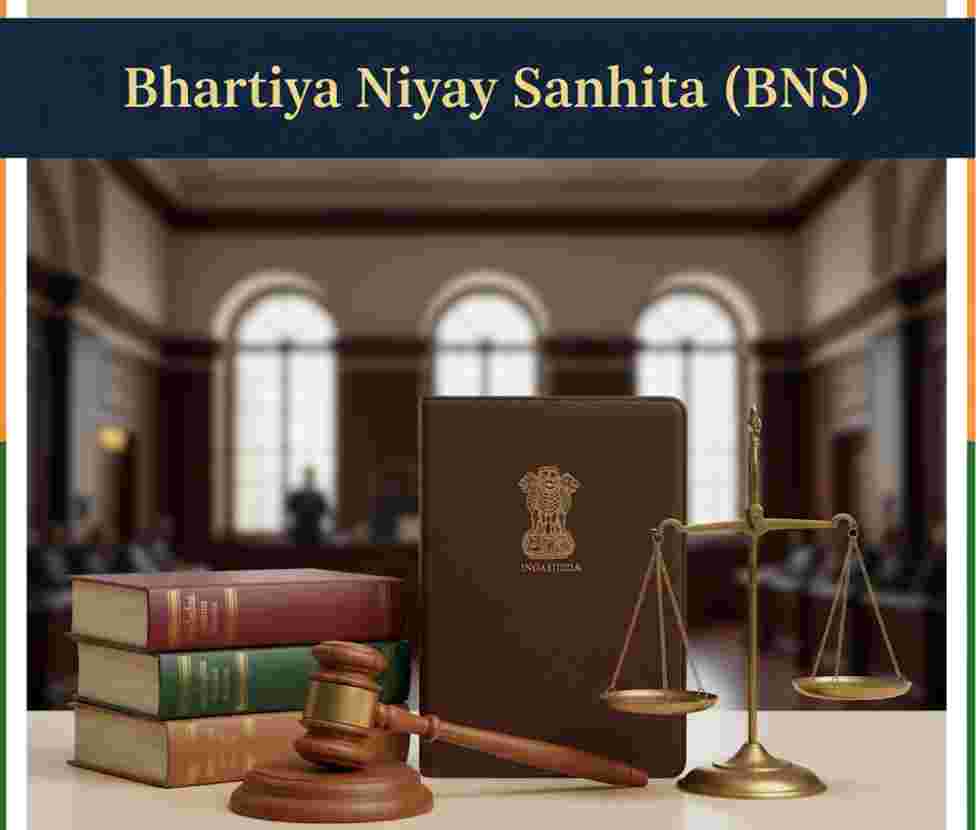













































Comment
Nothing for now